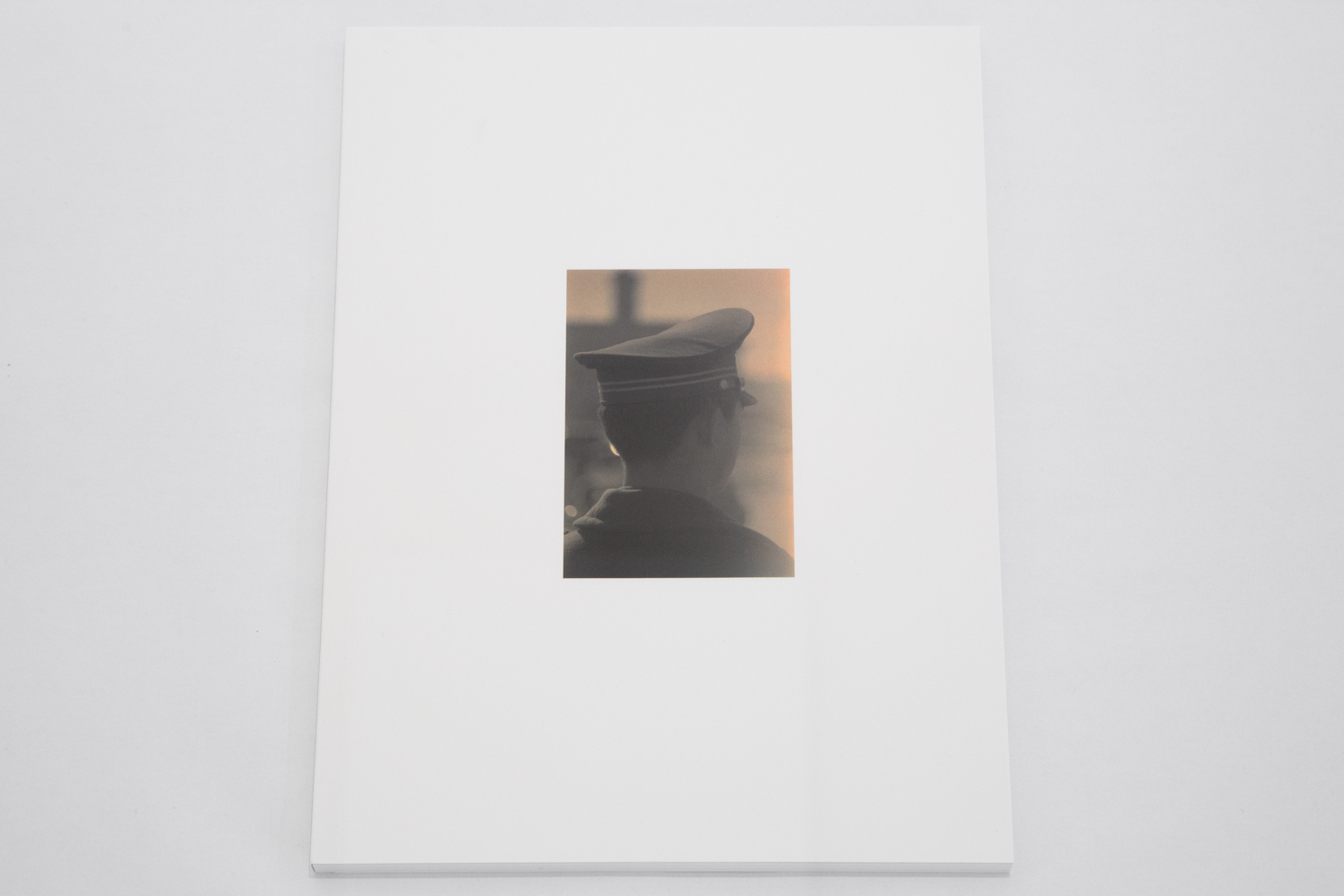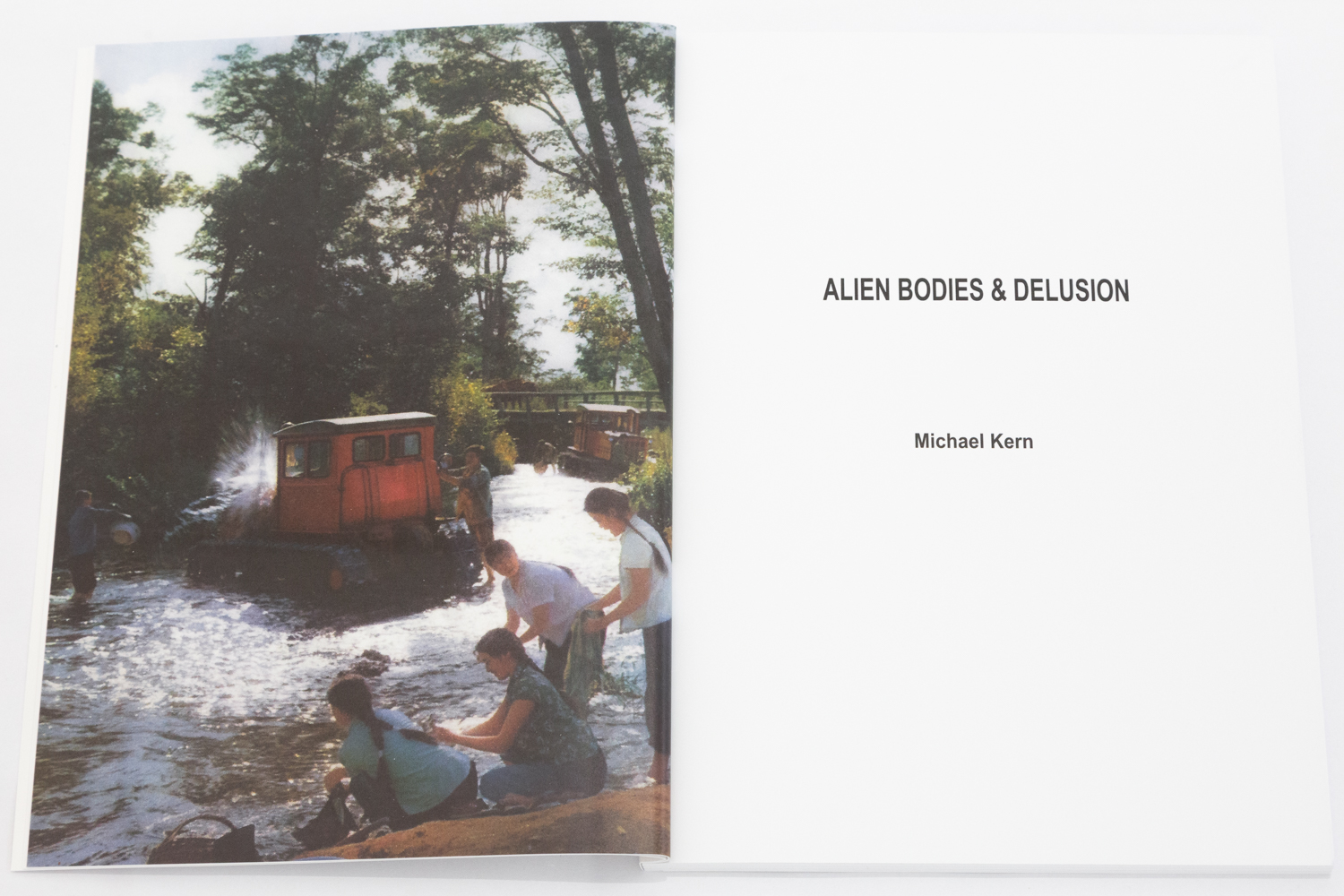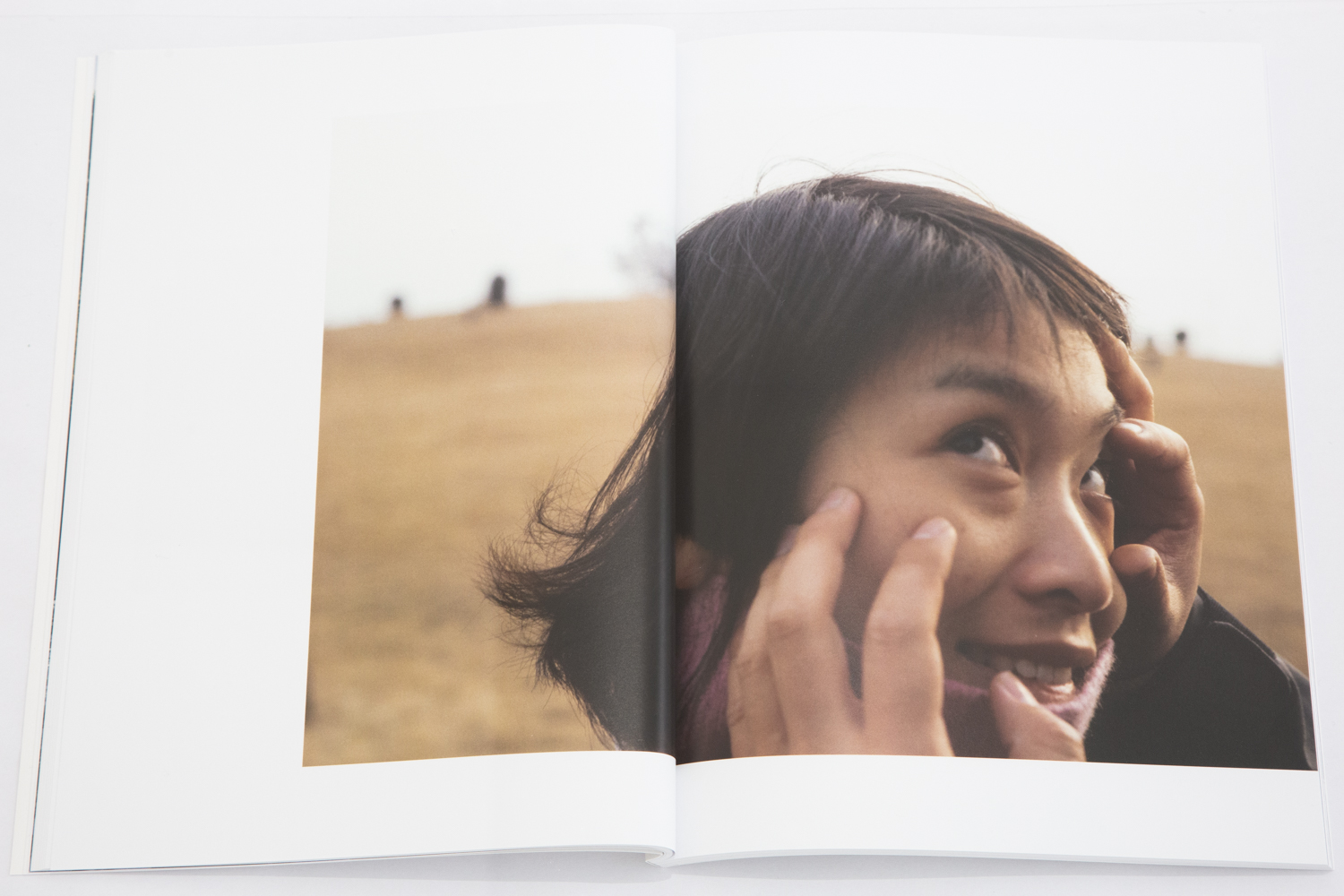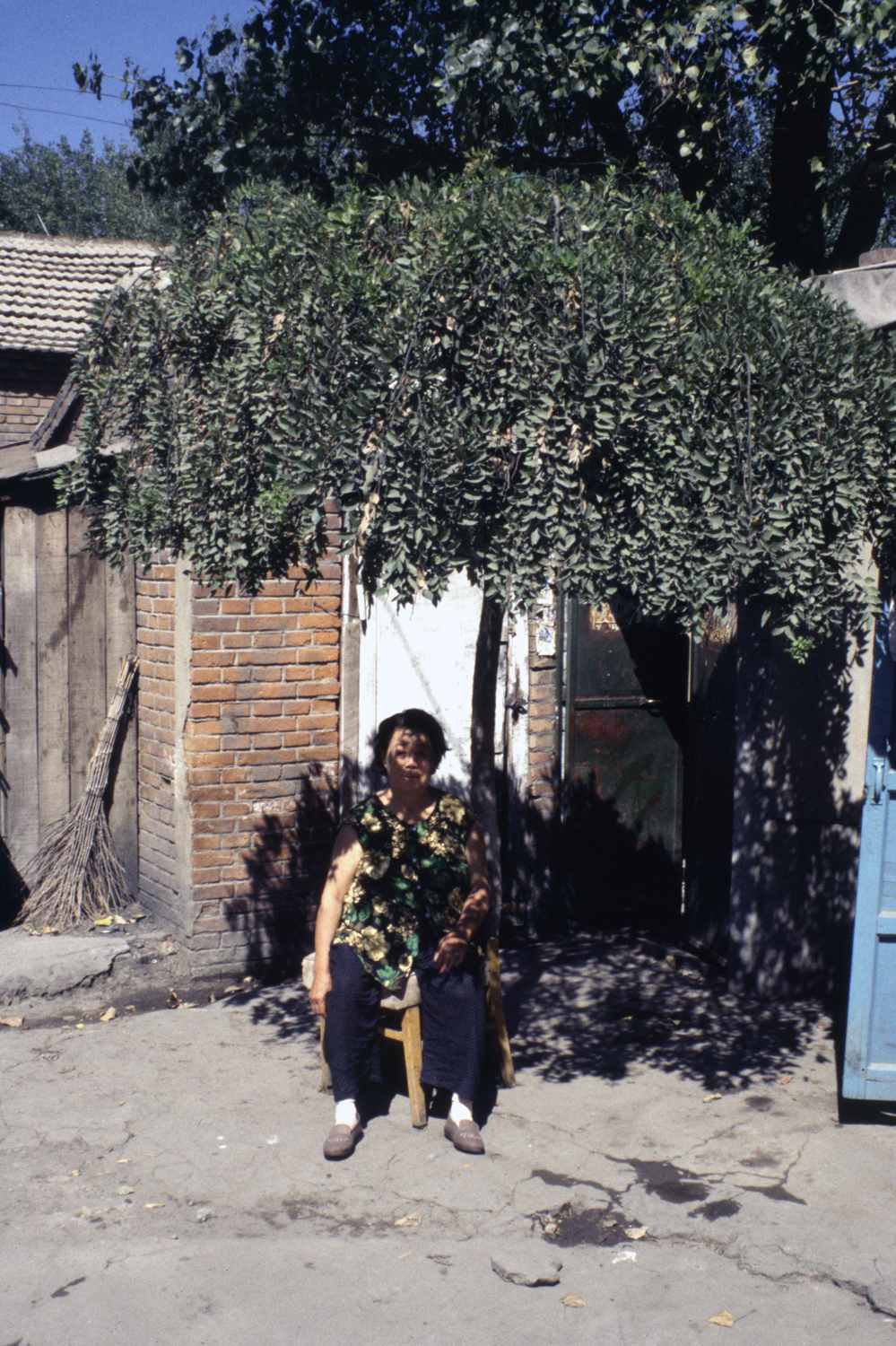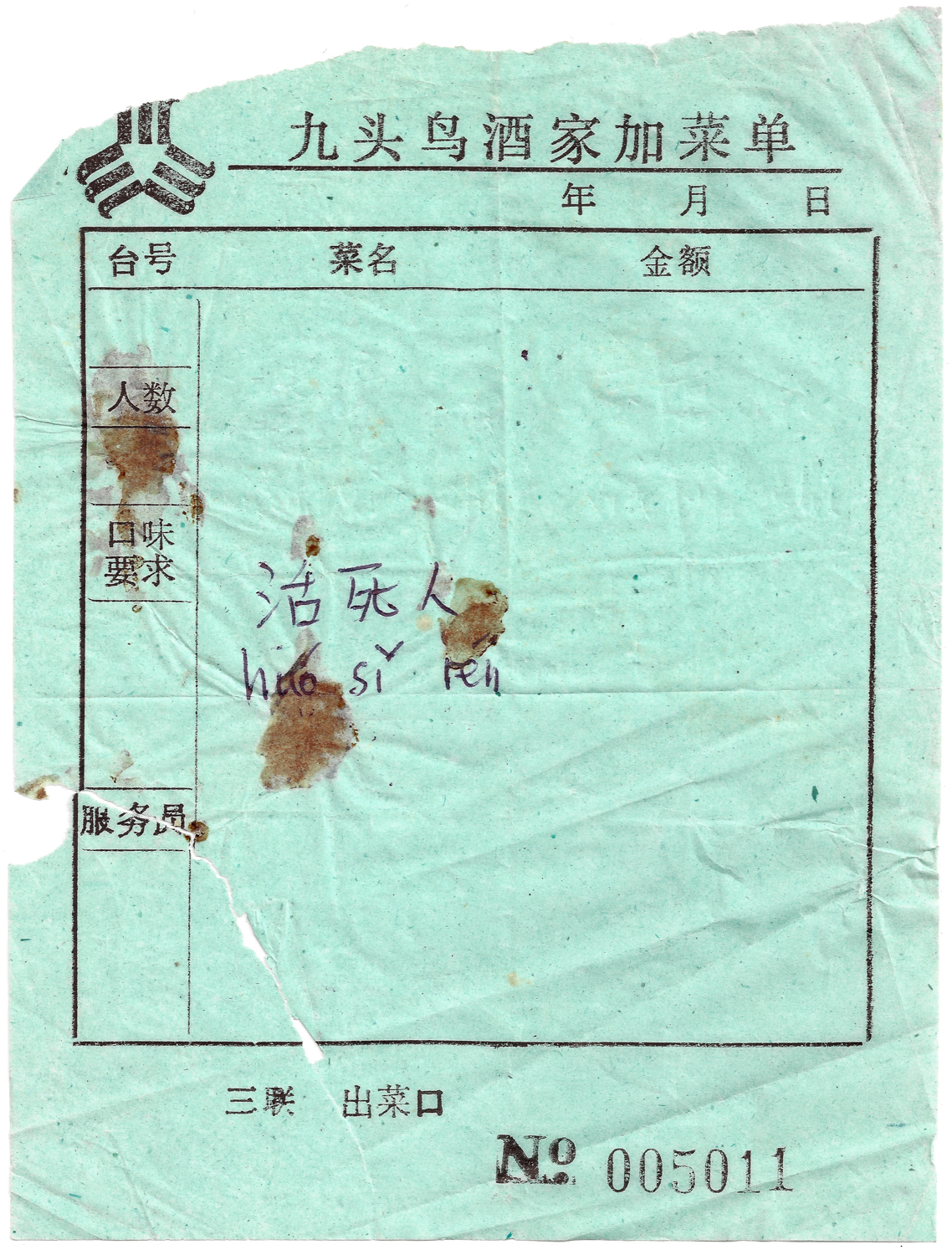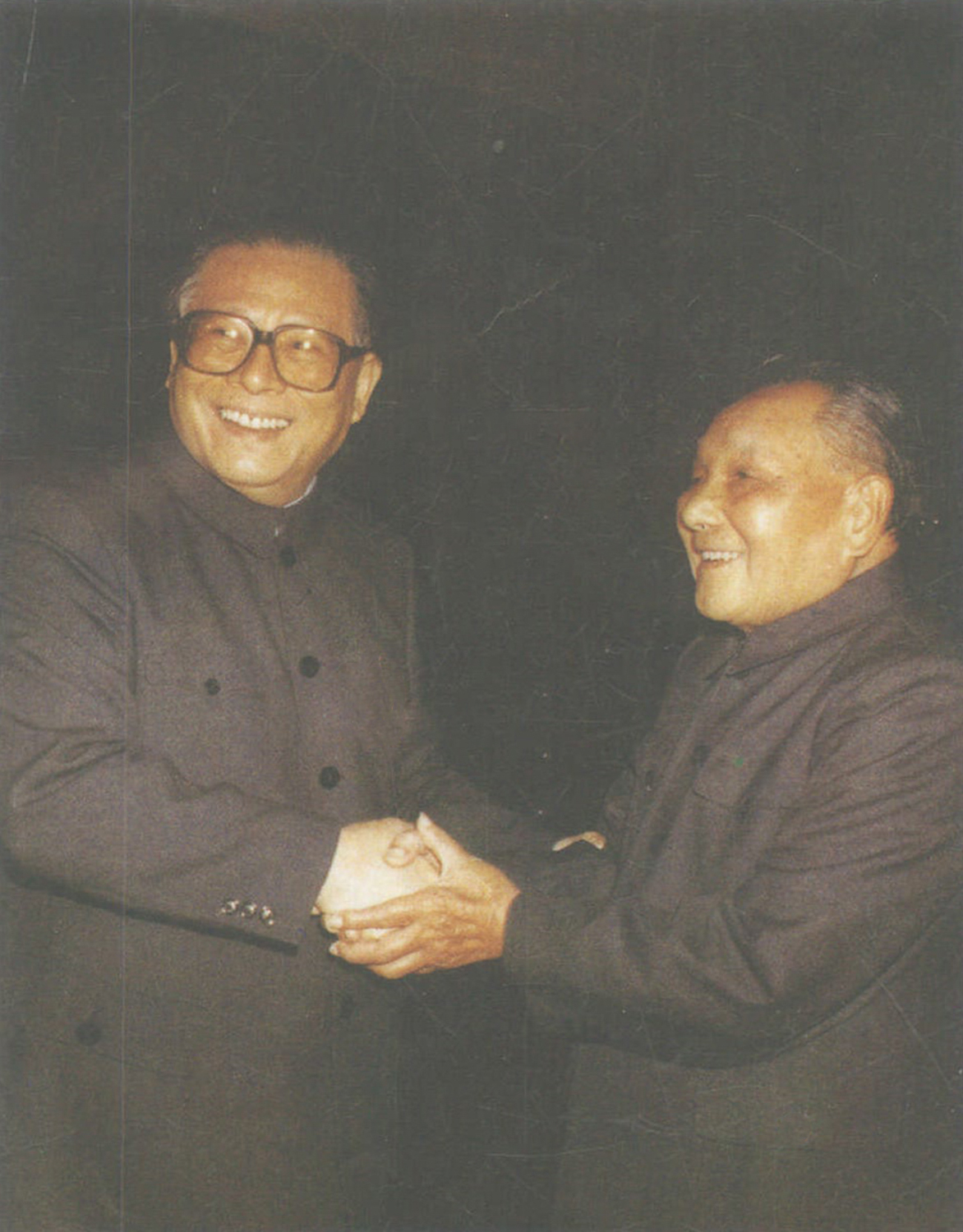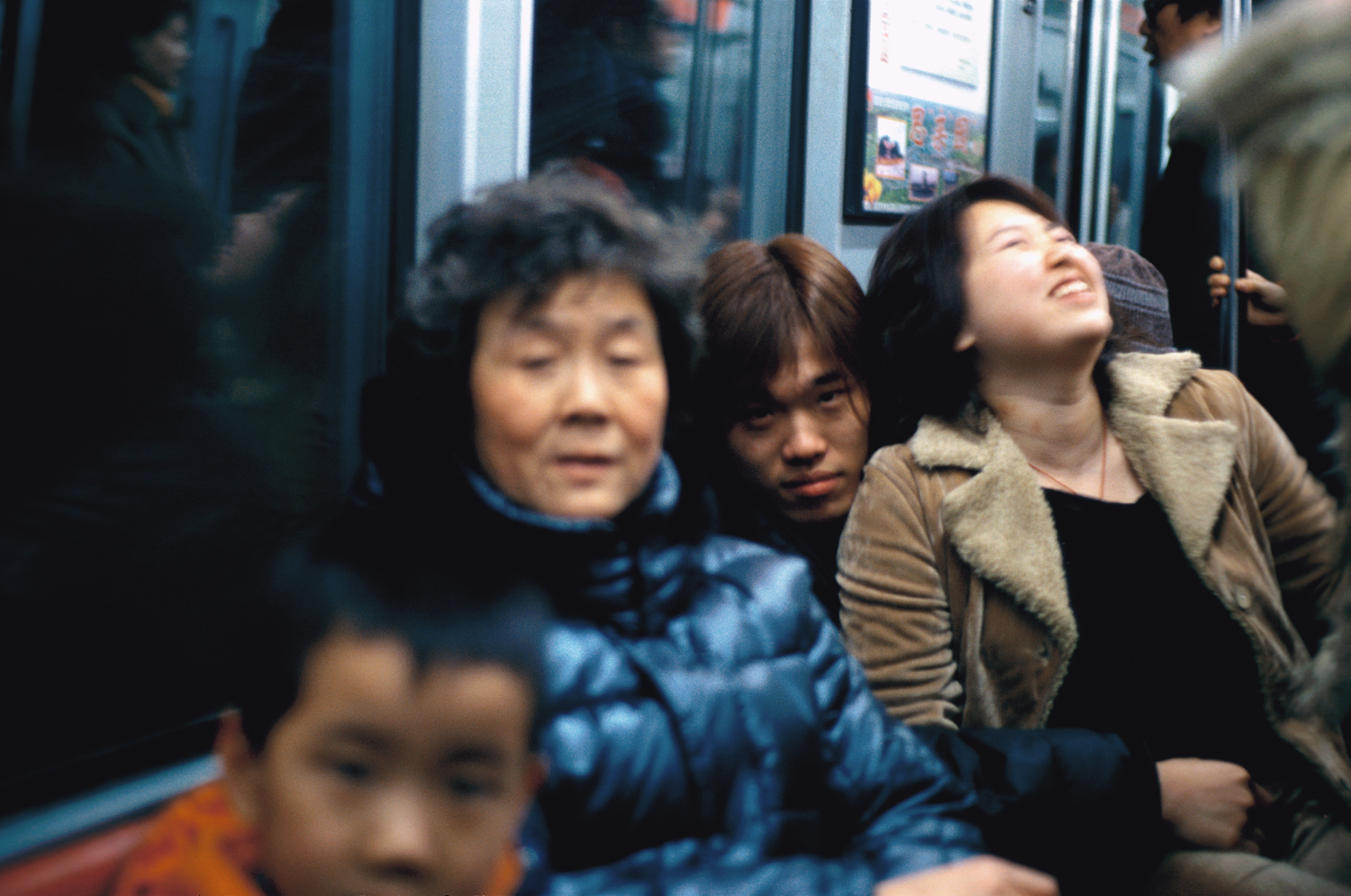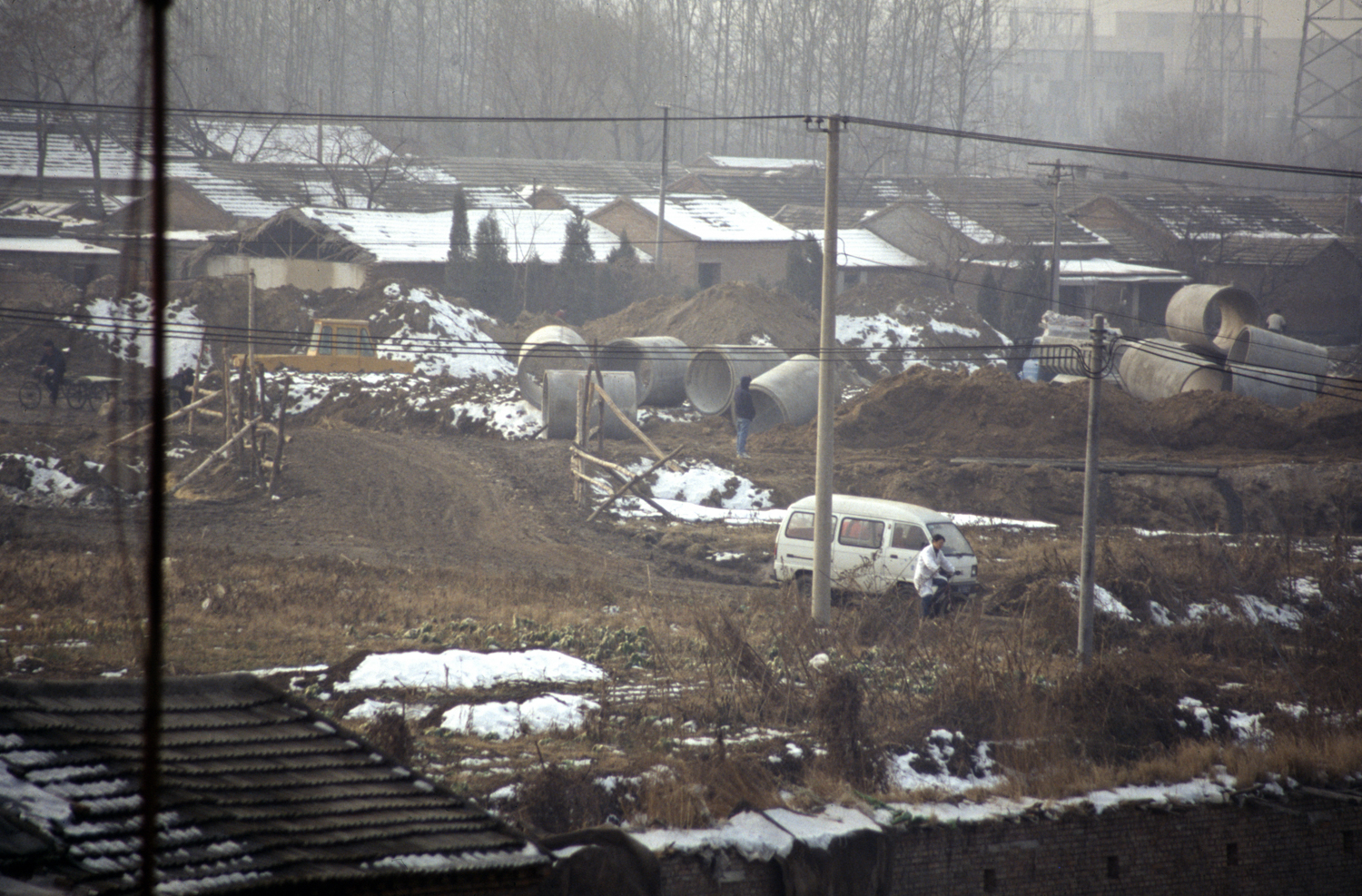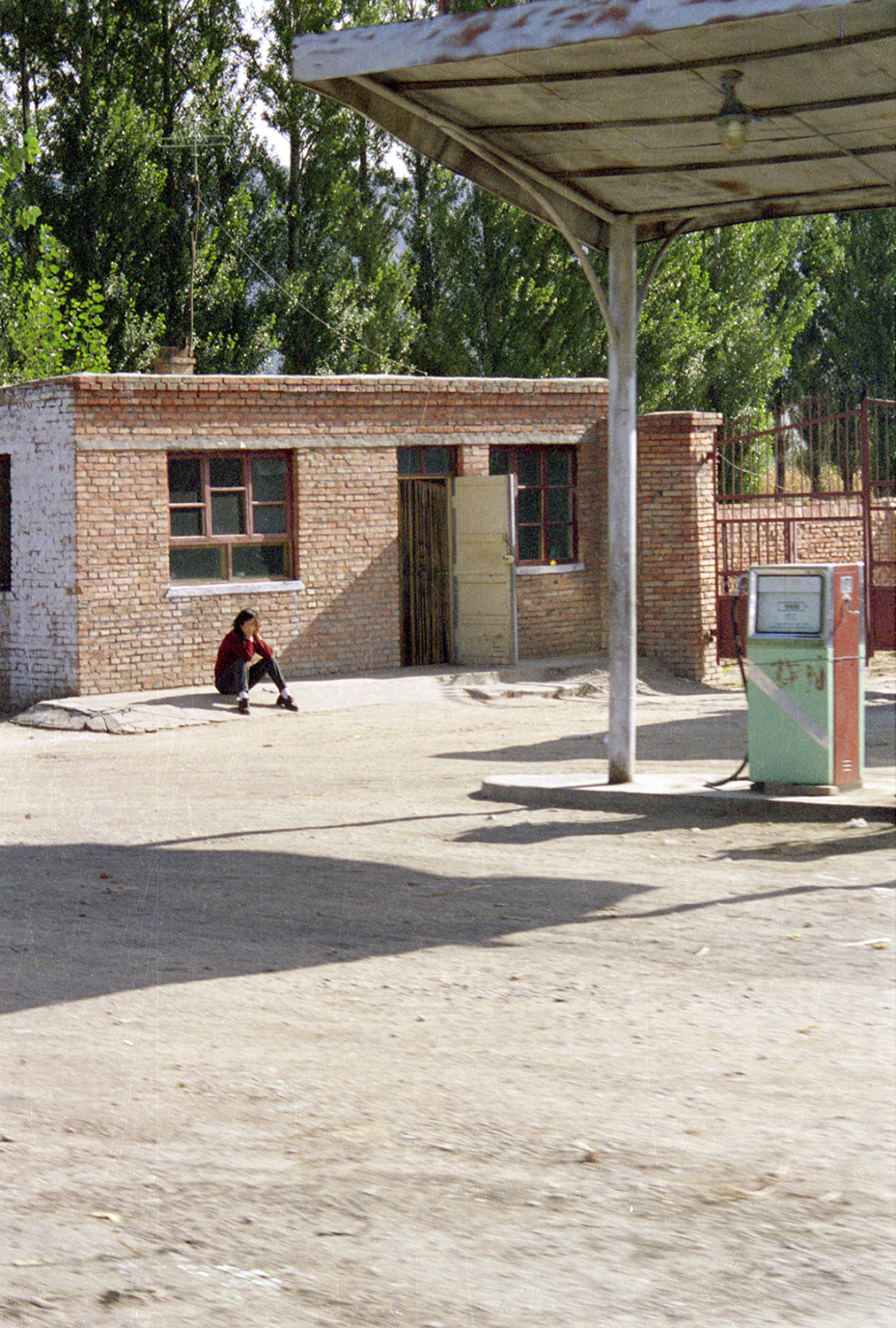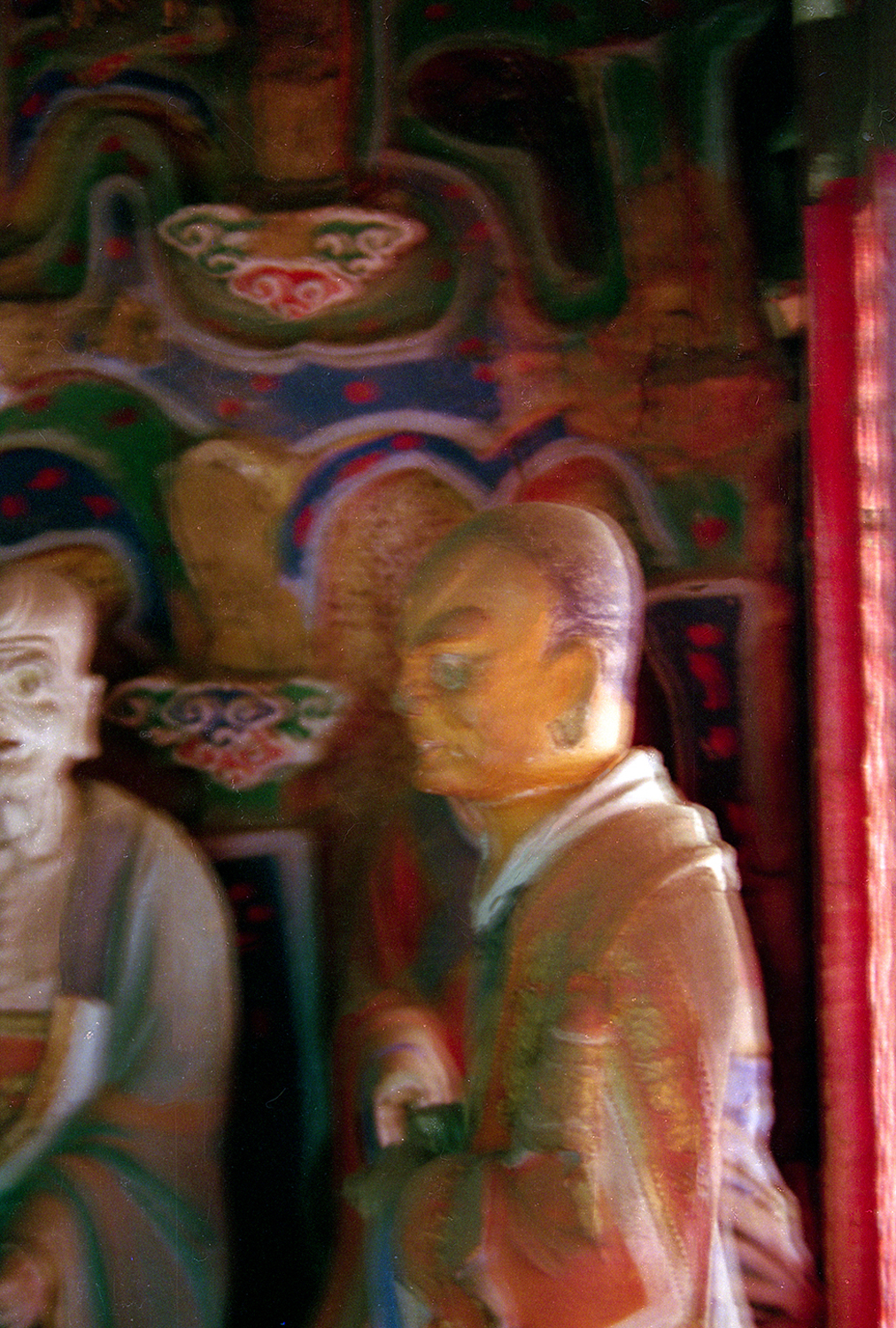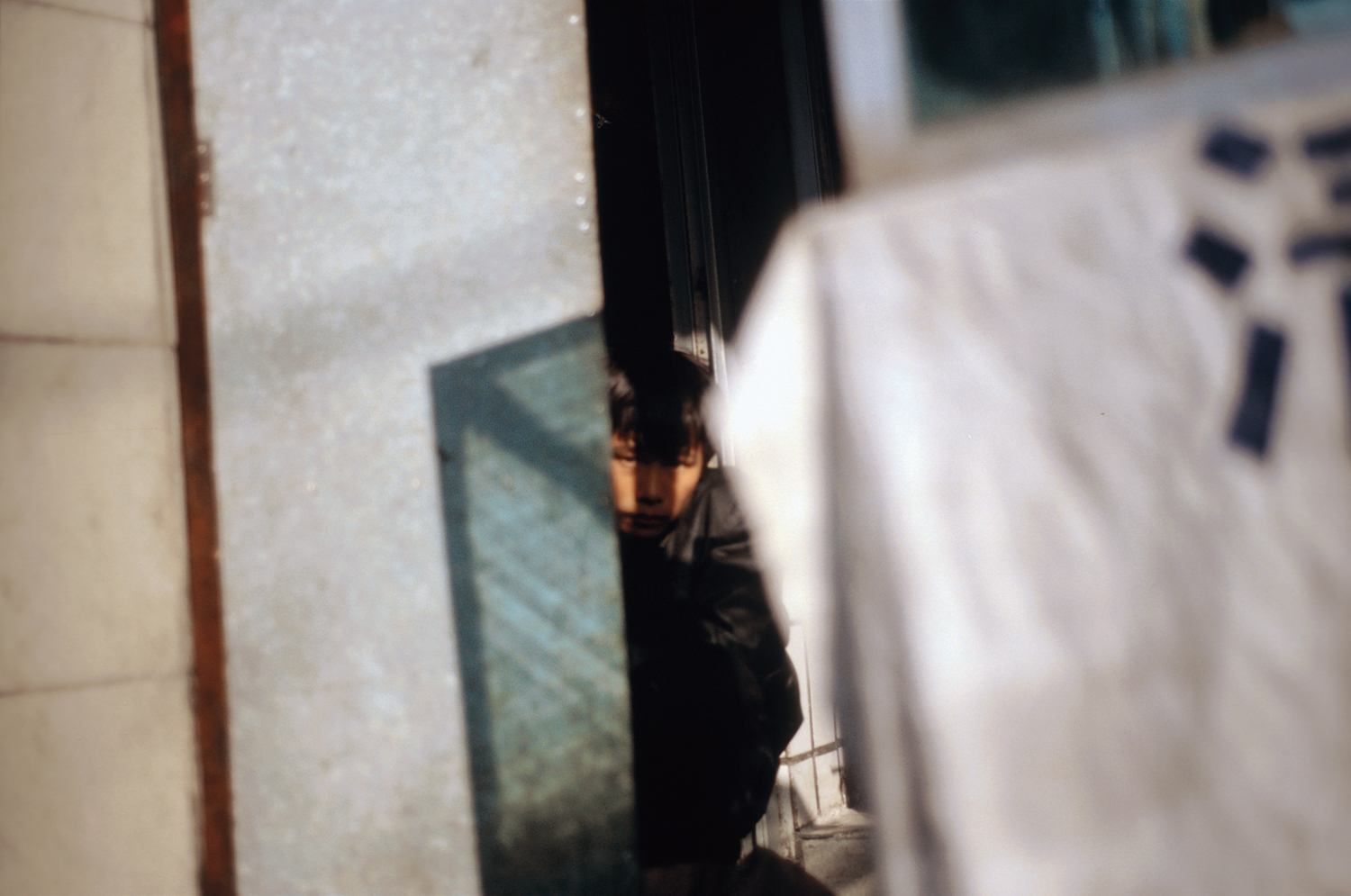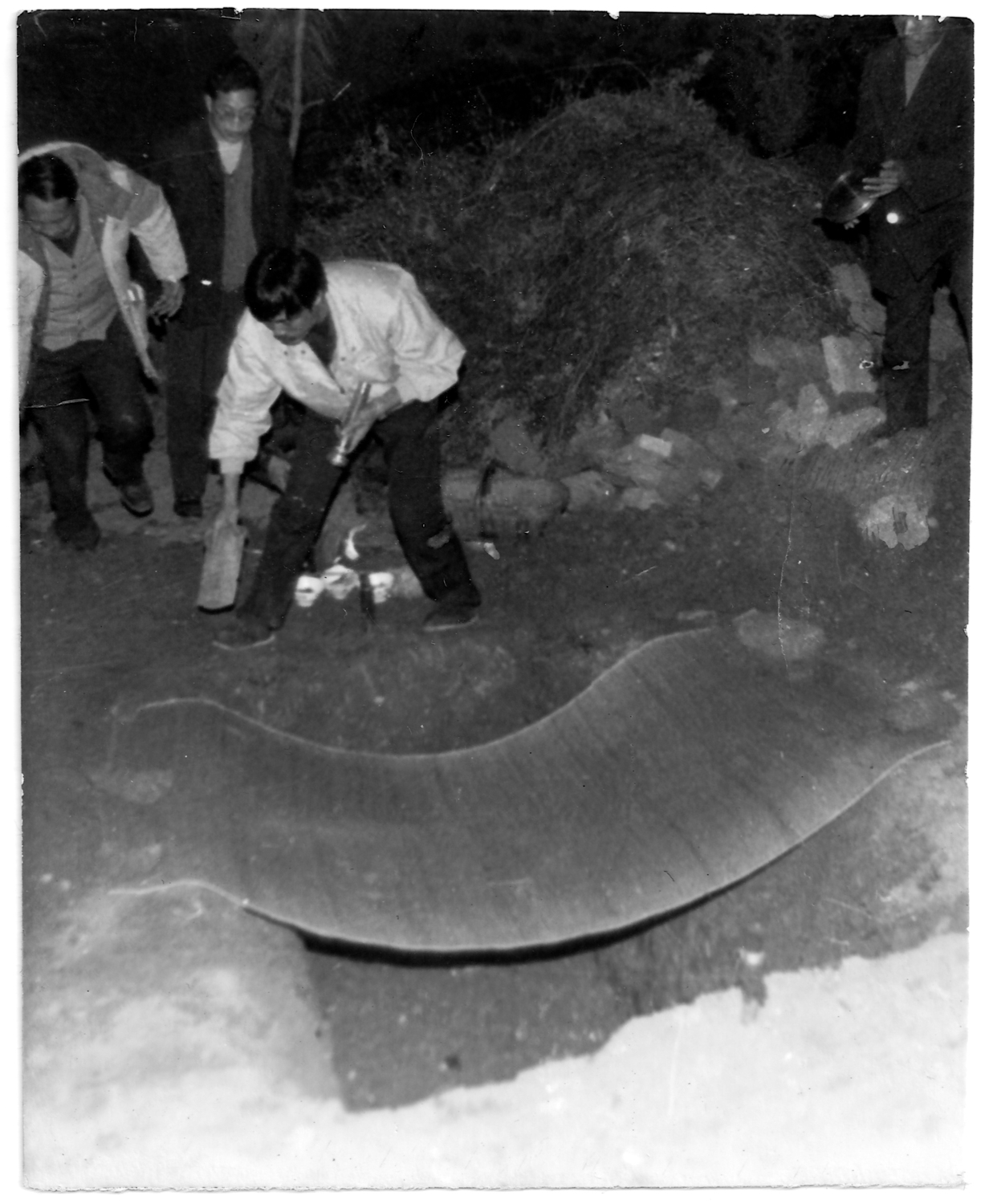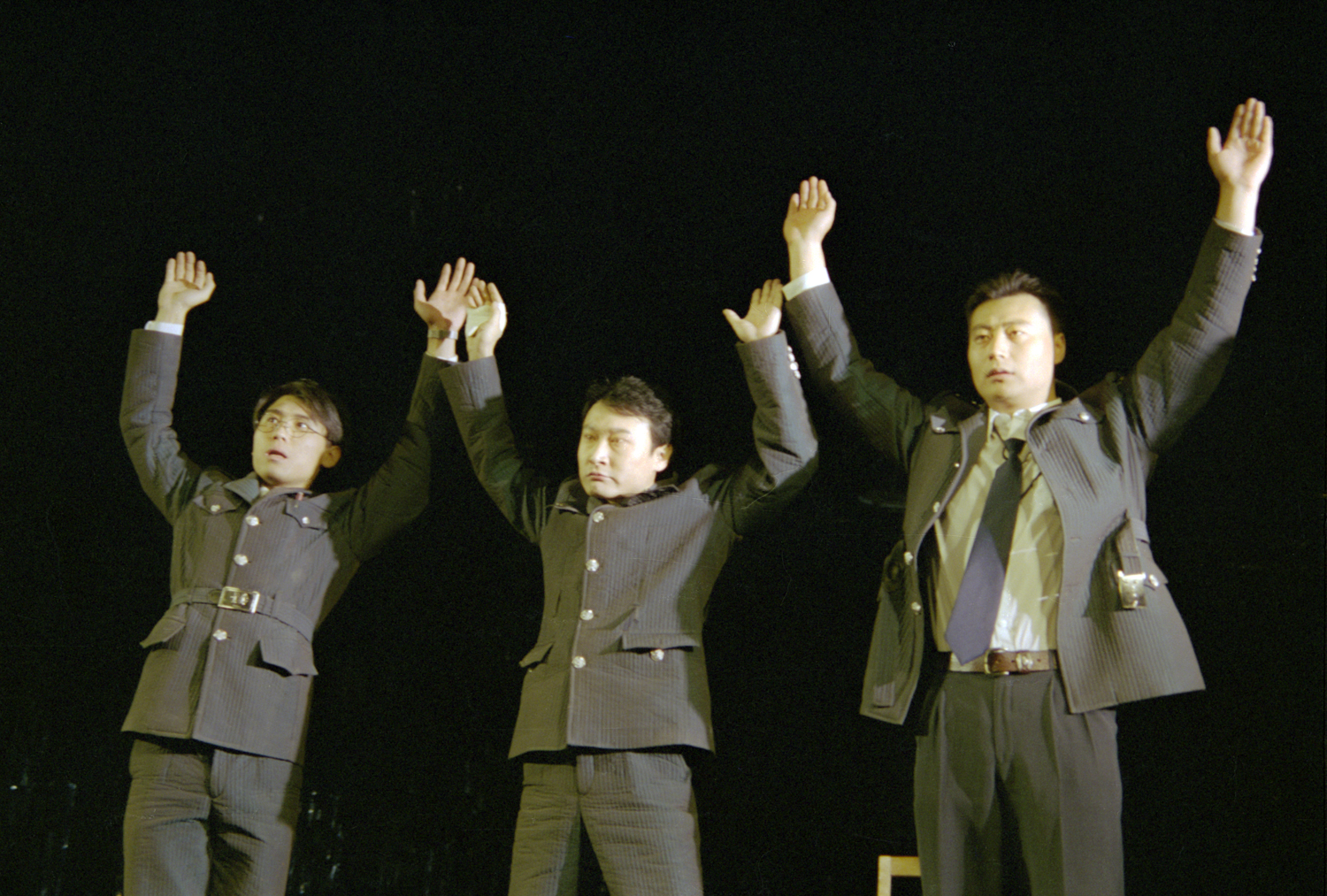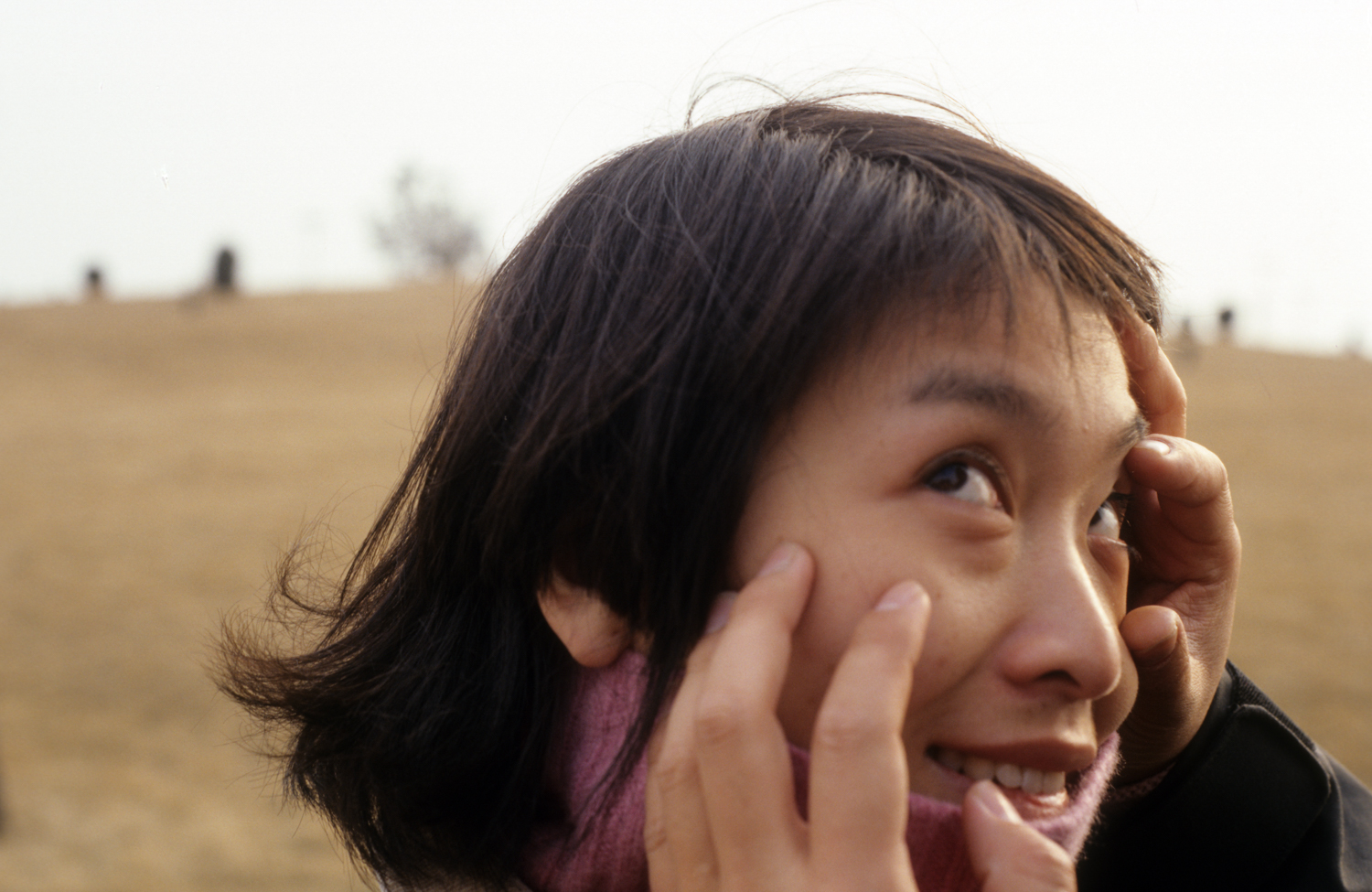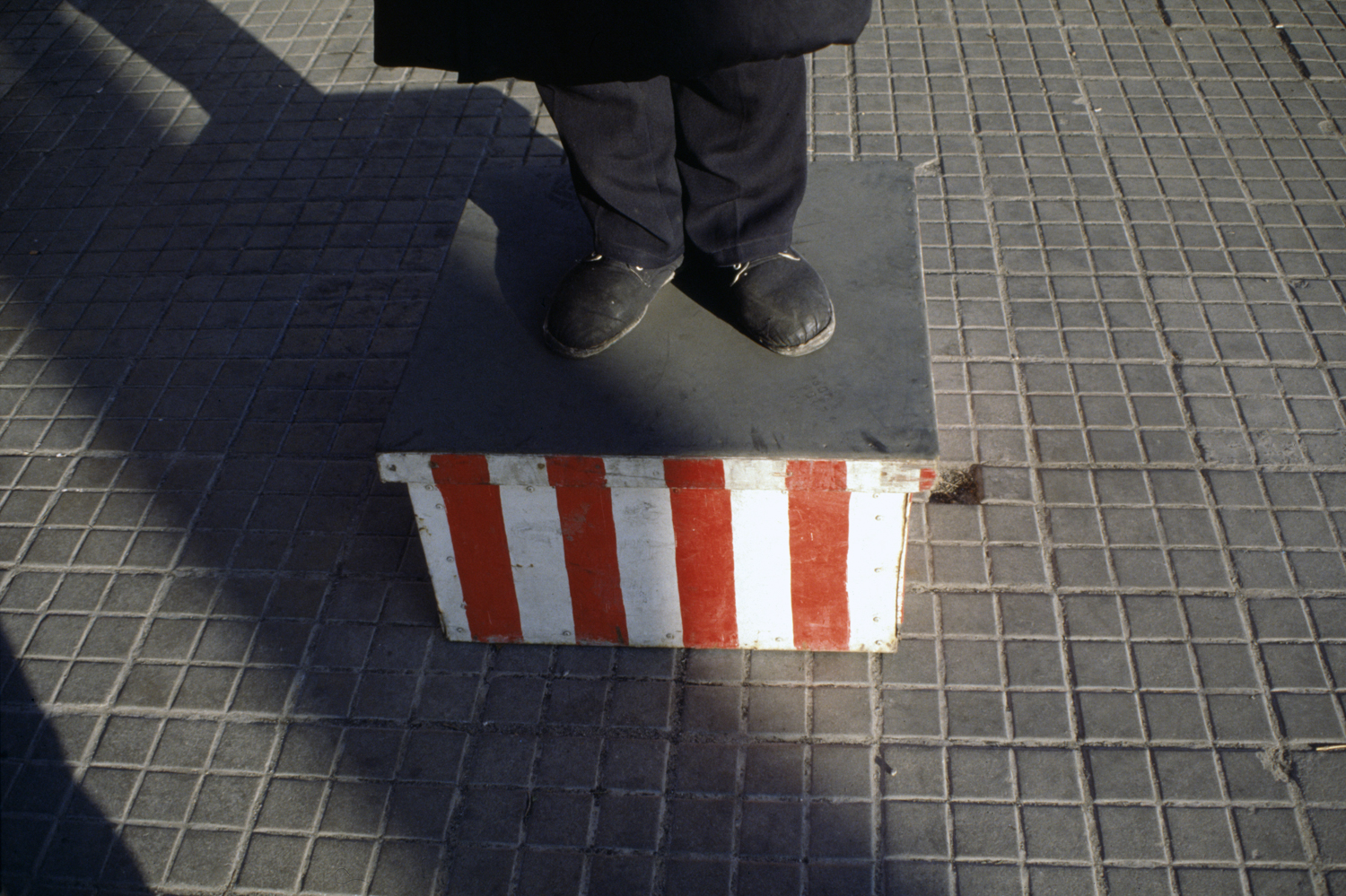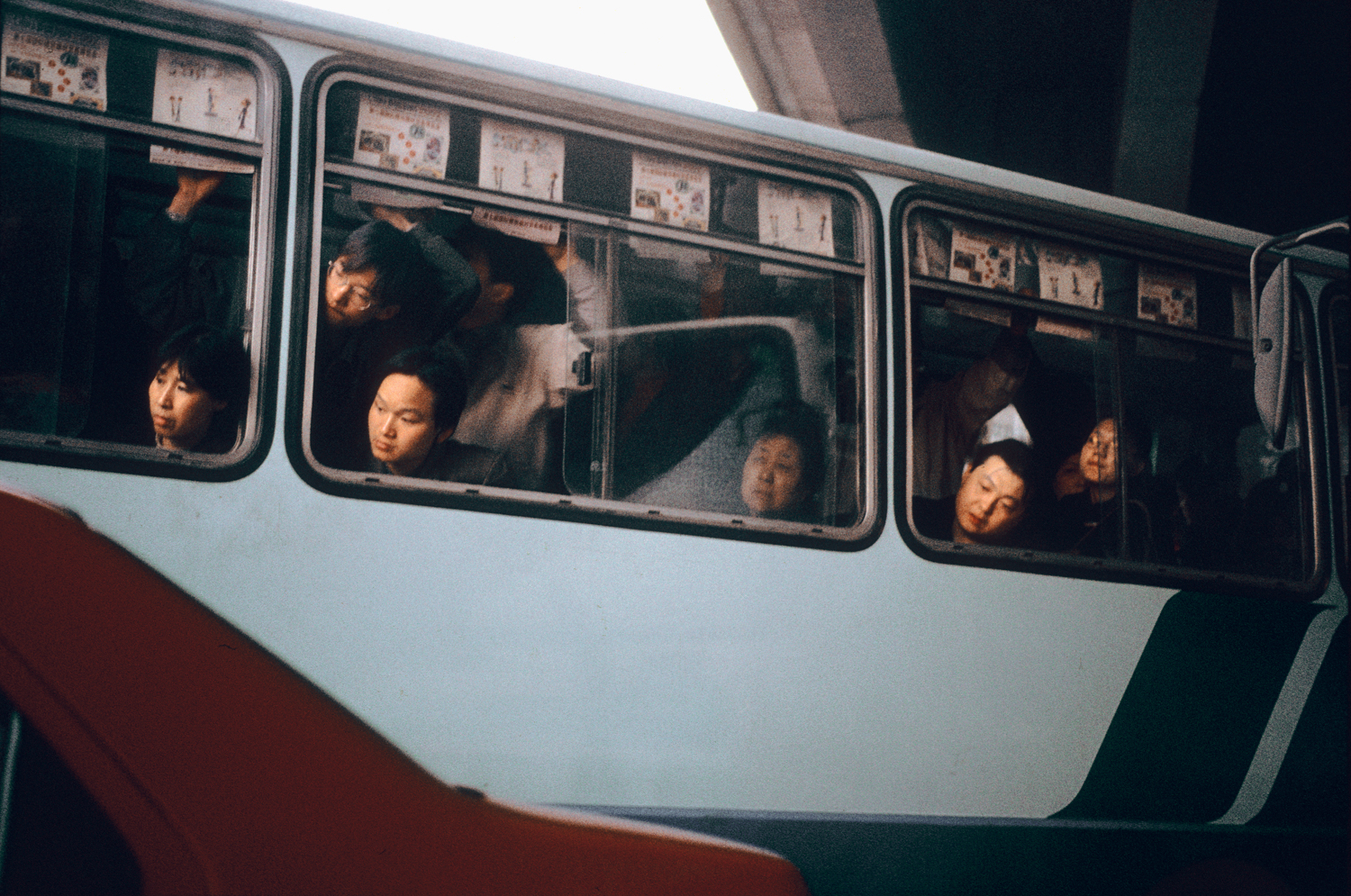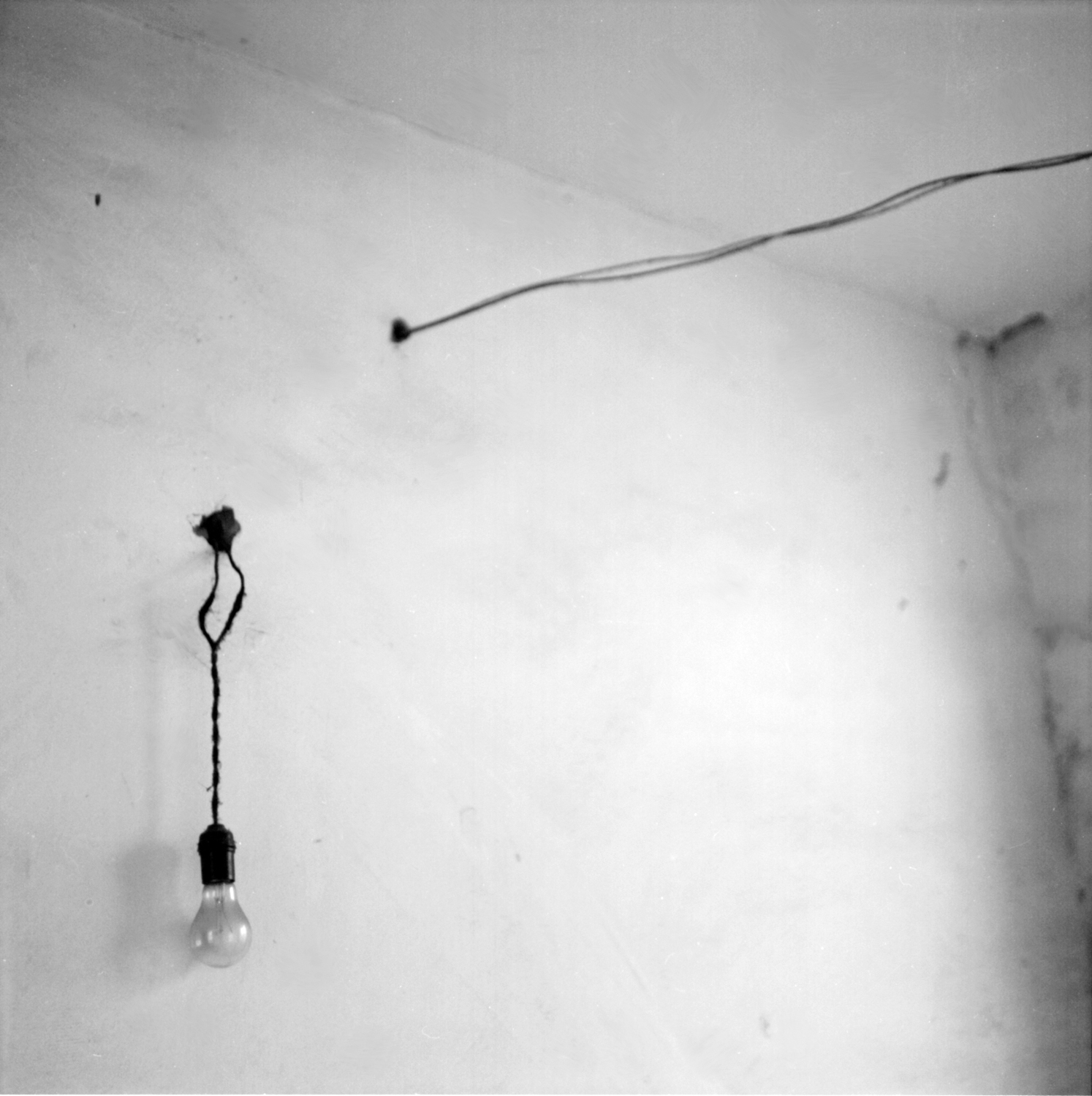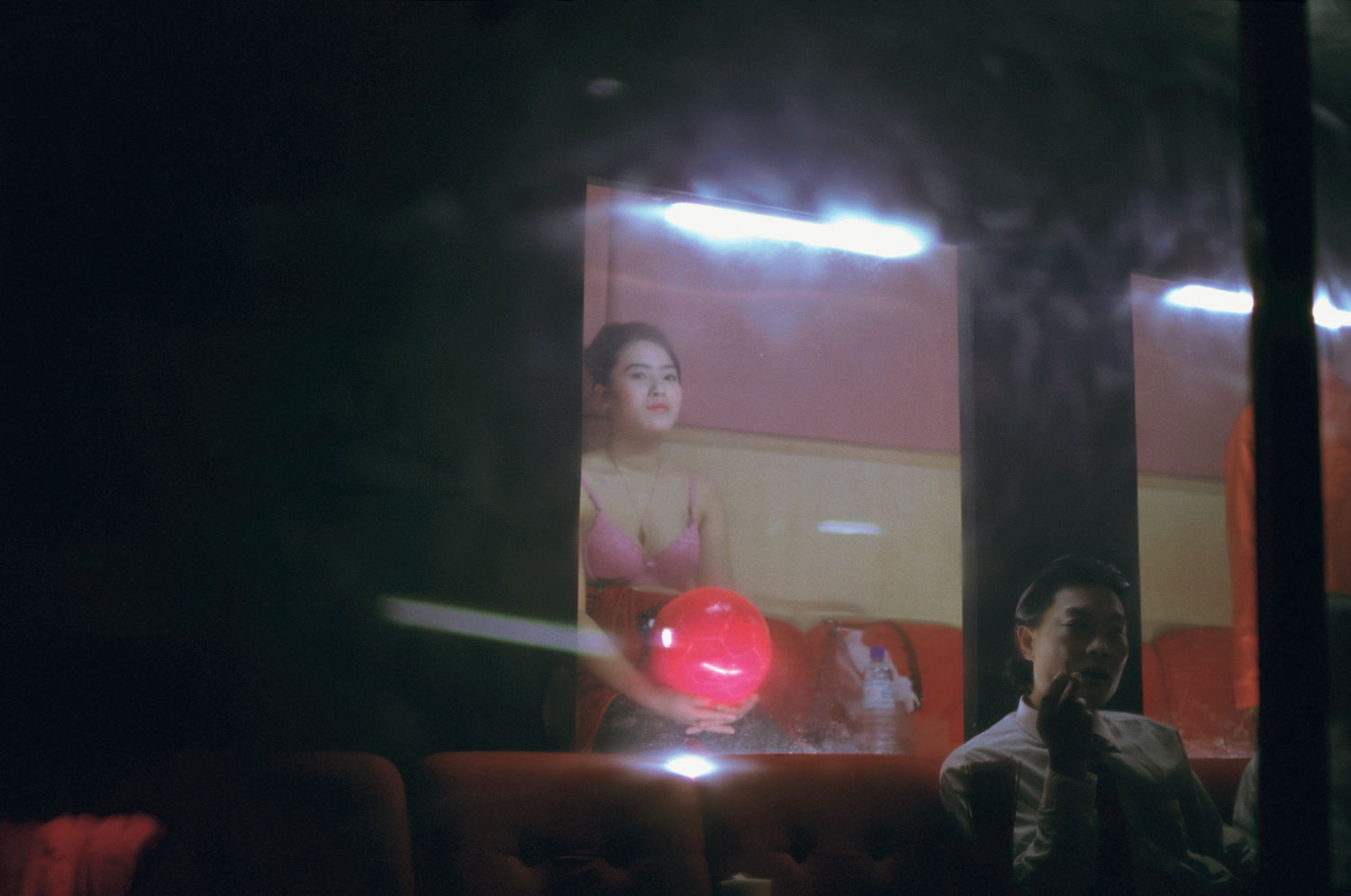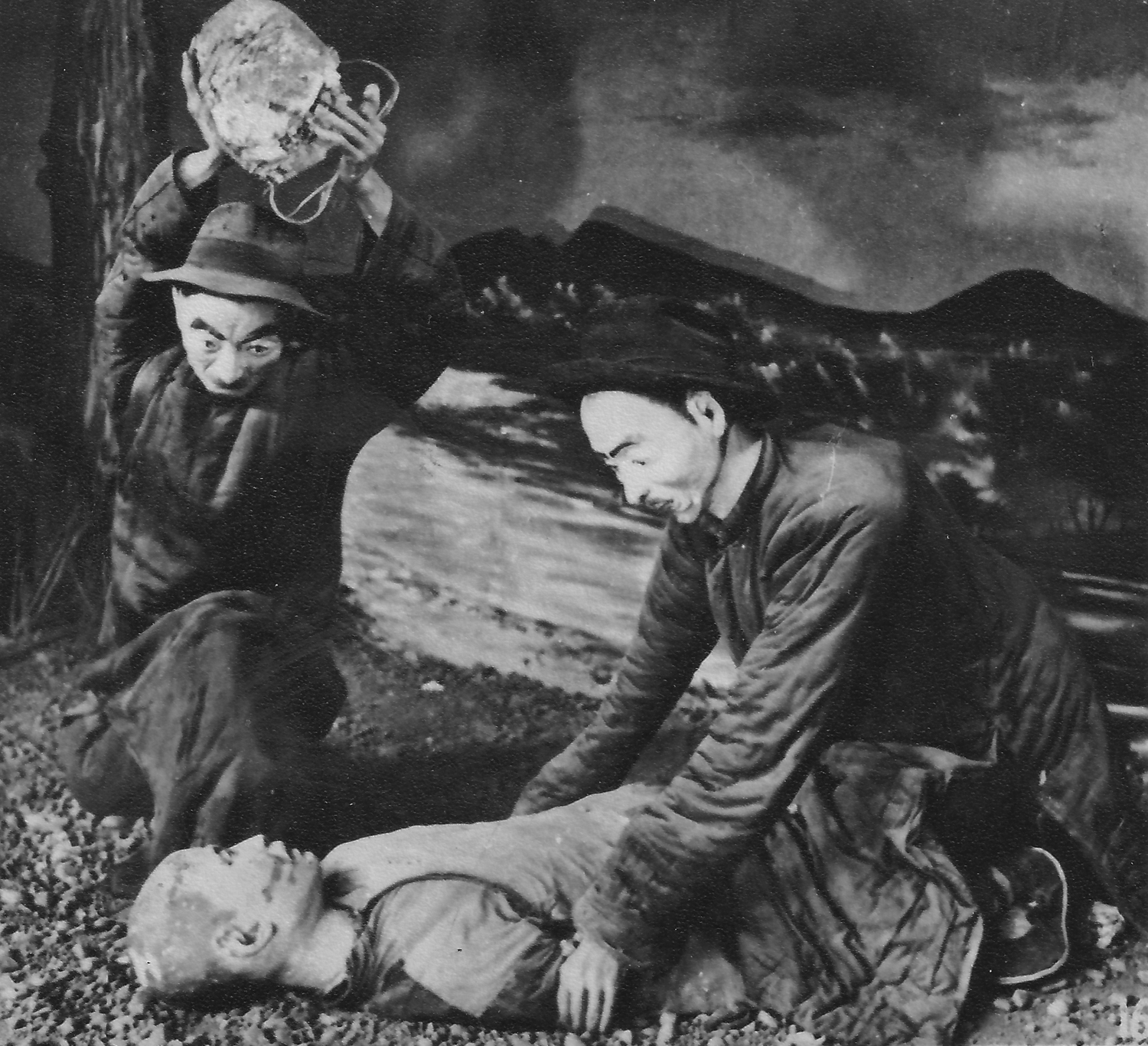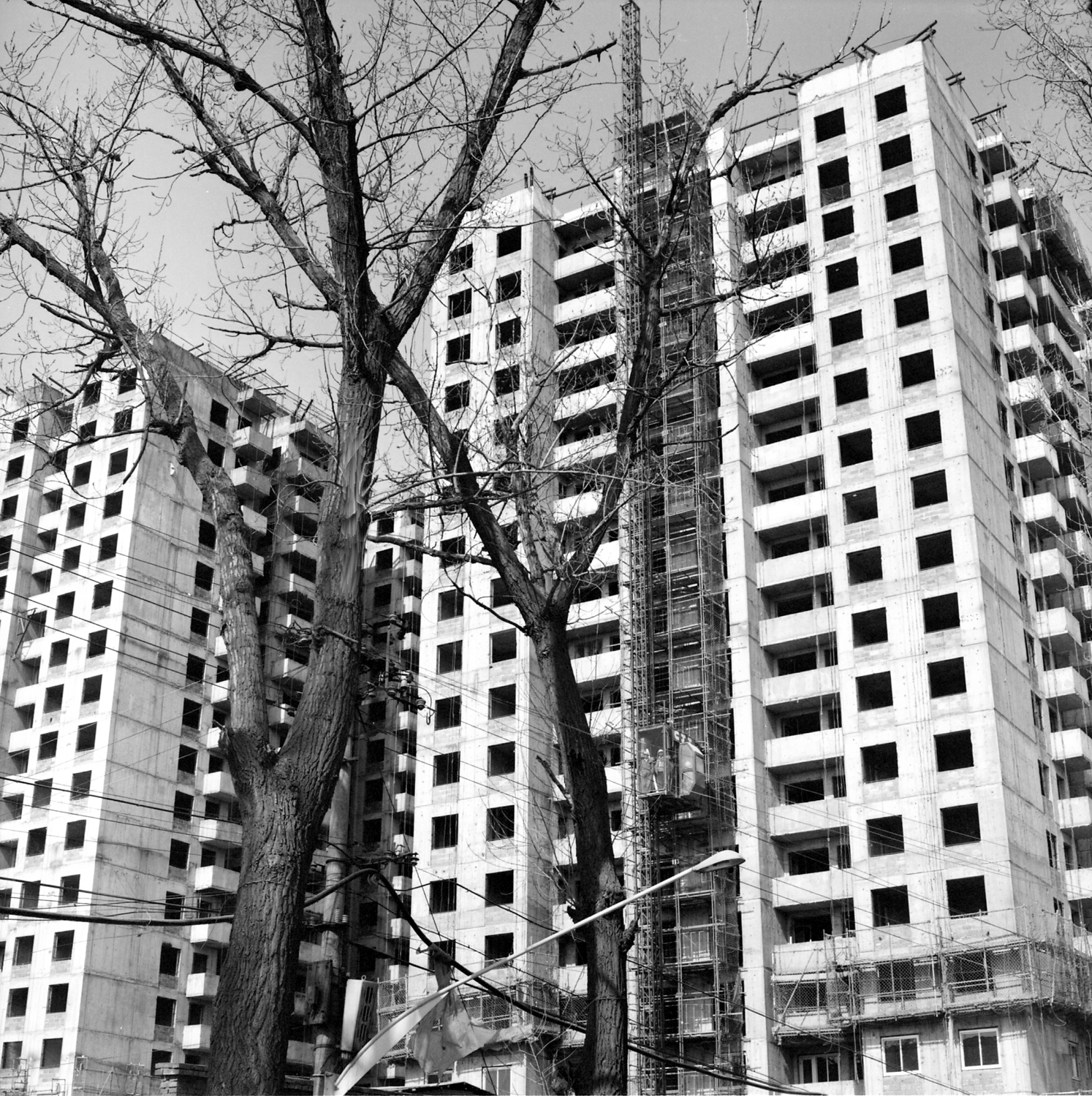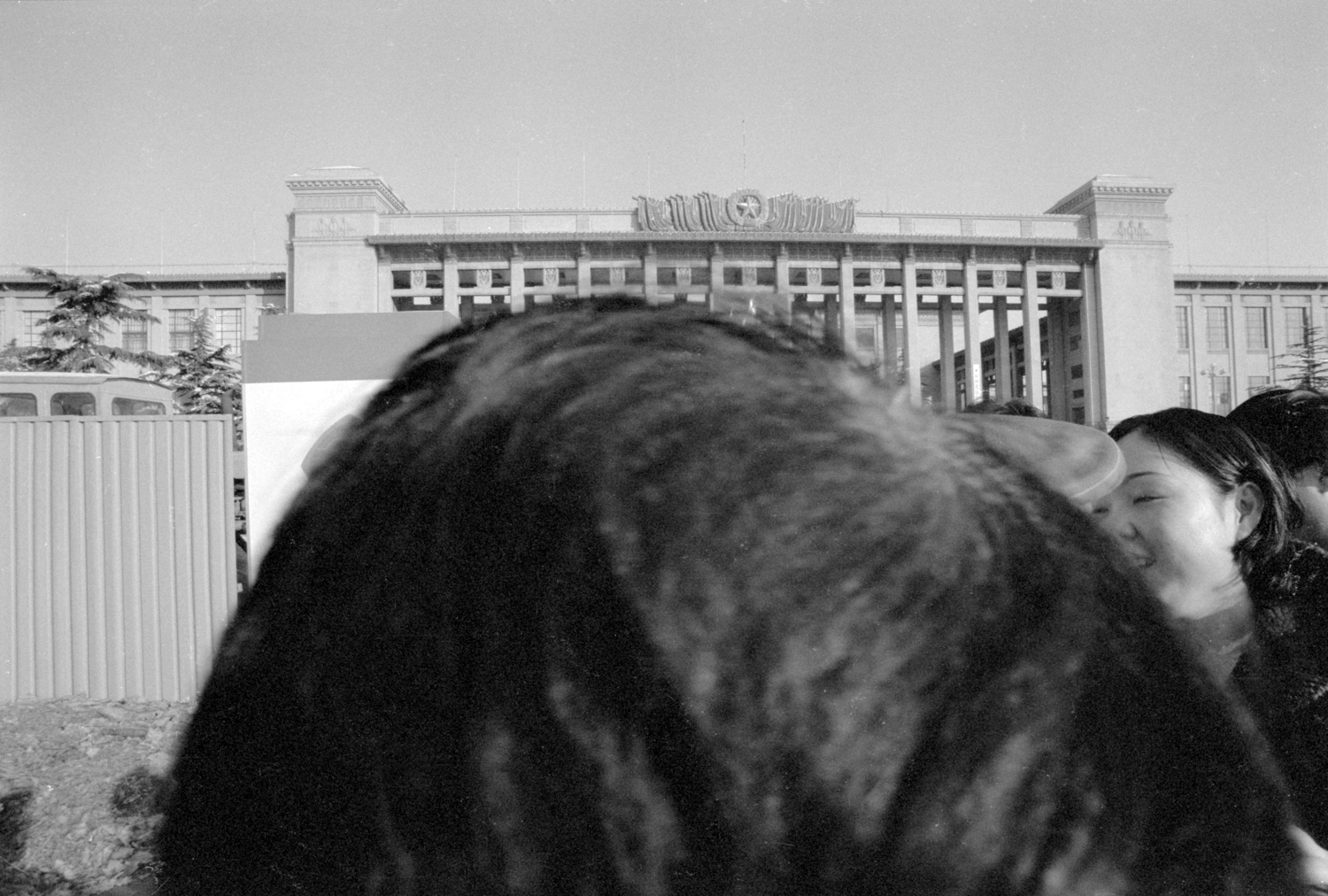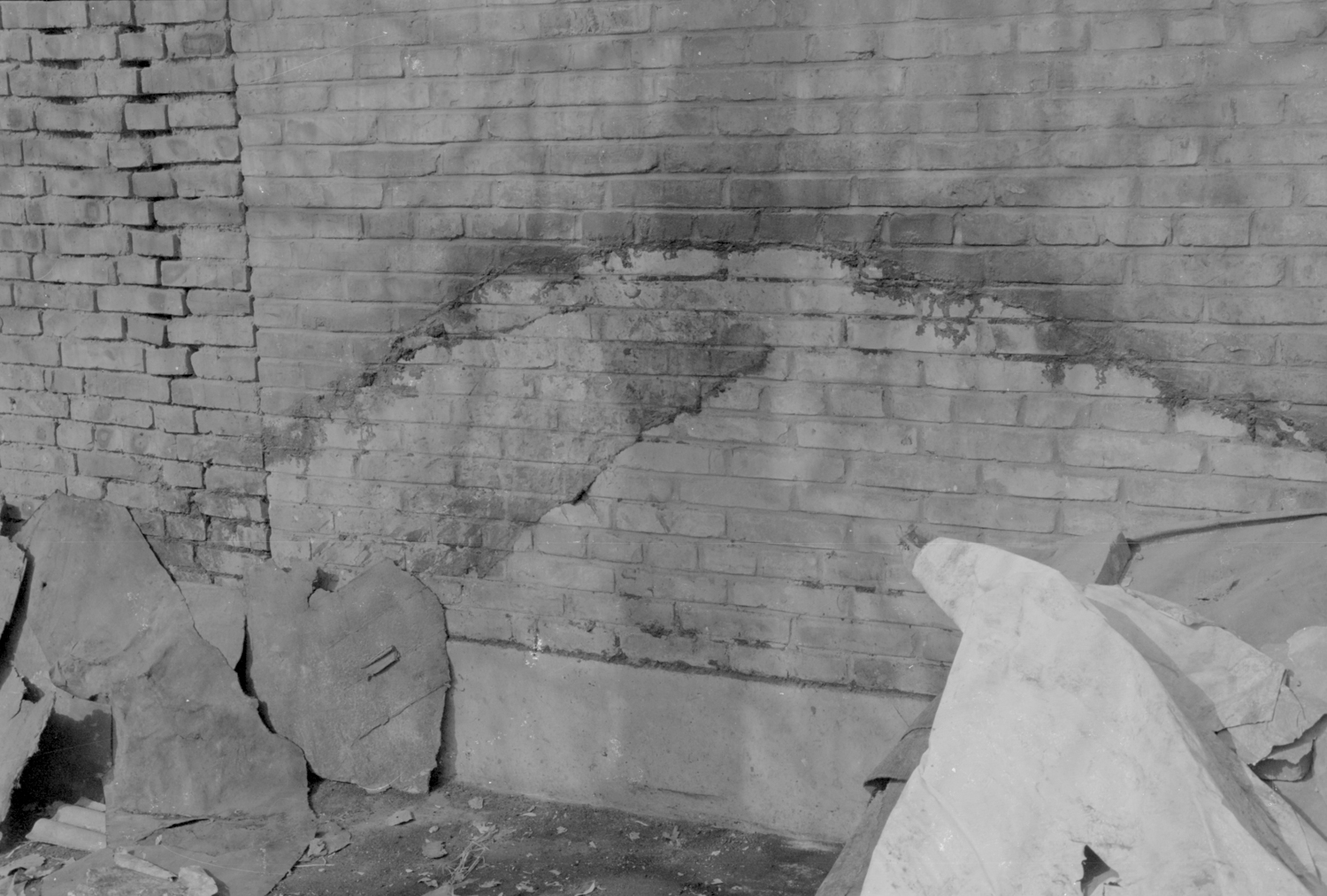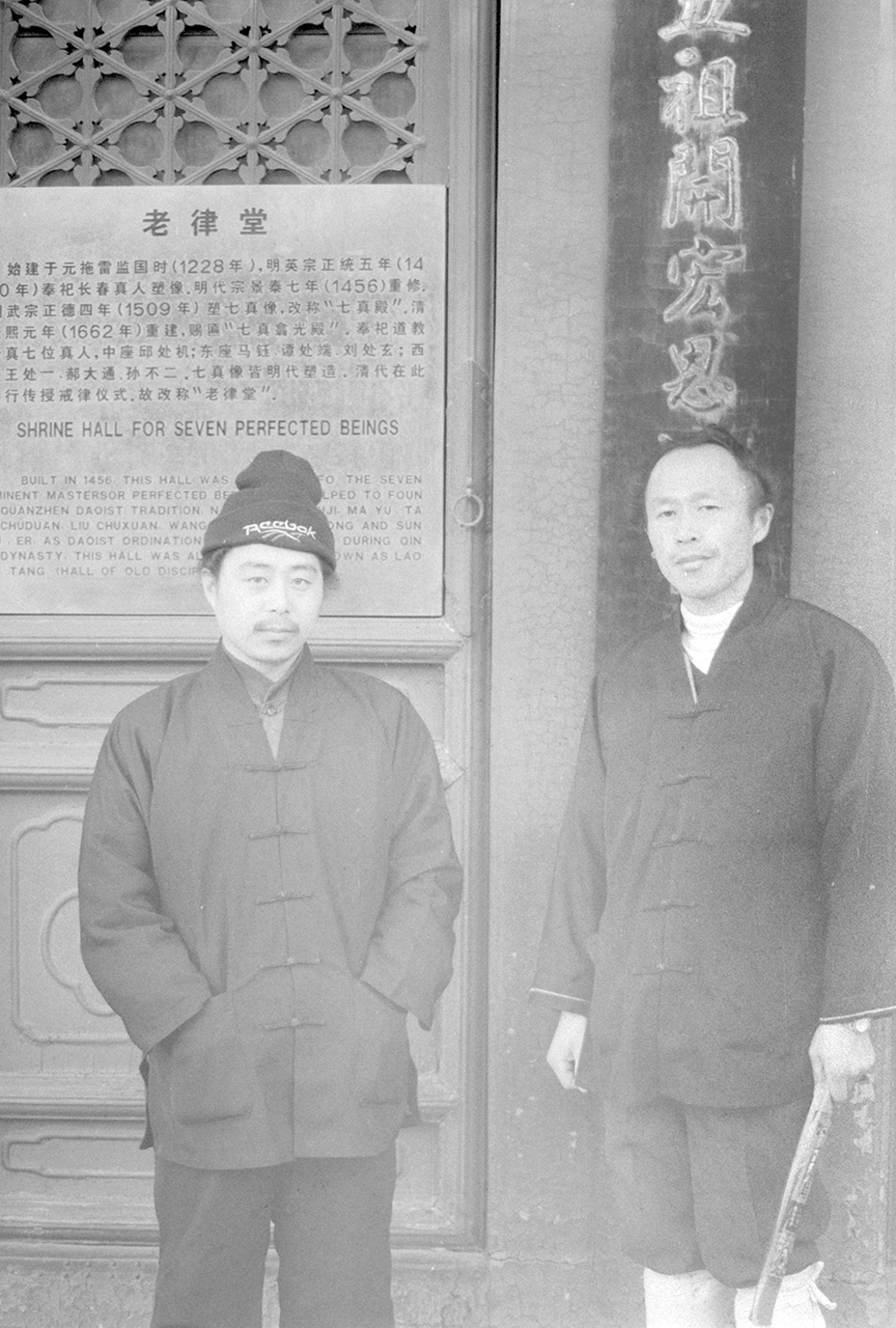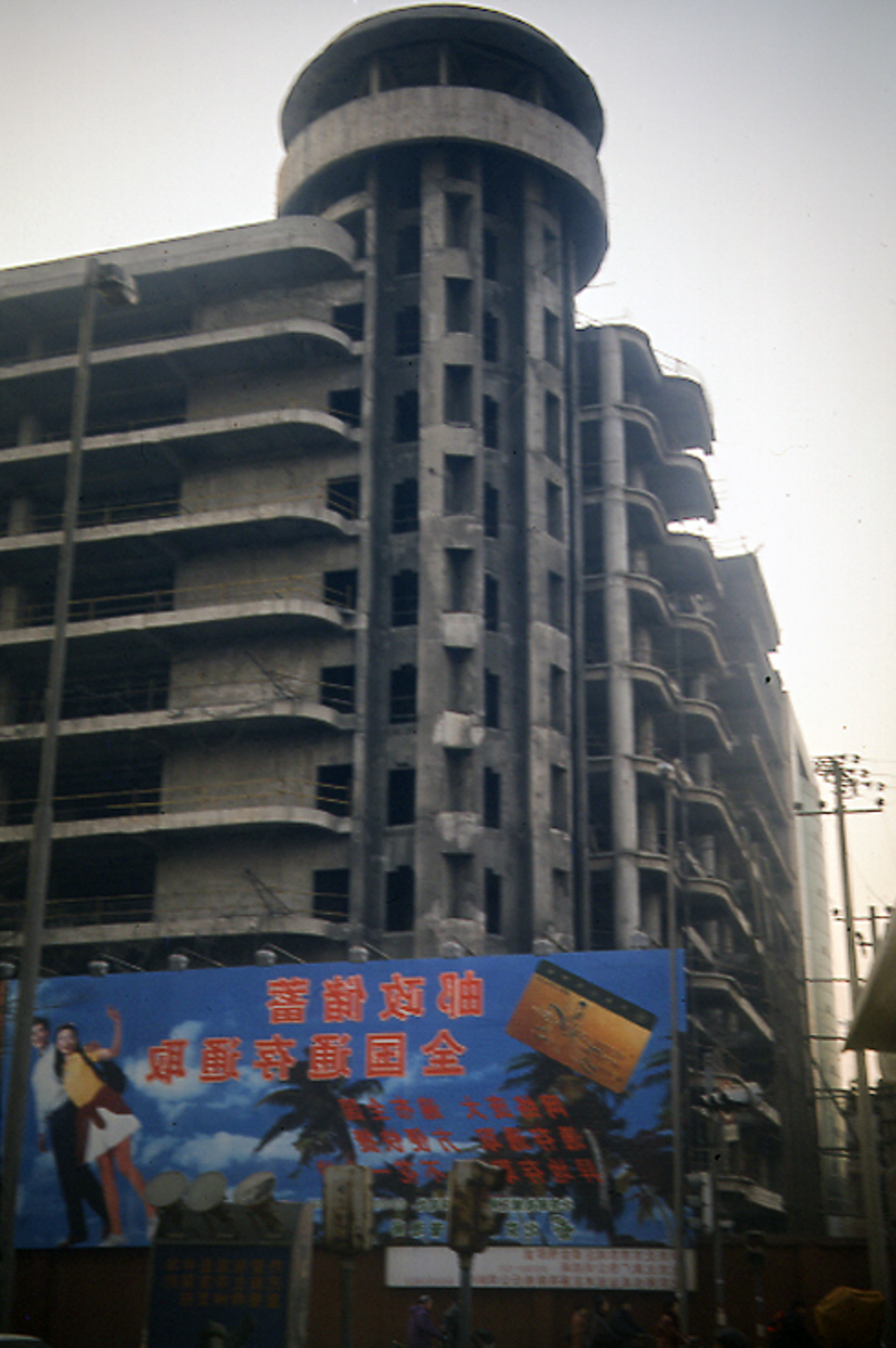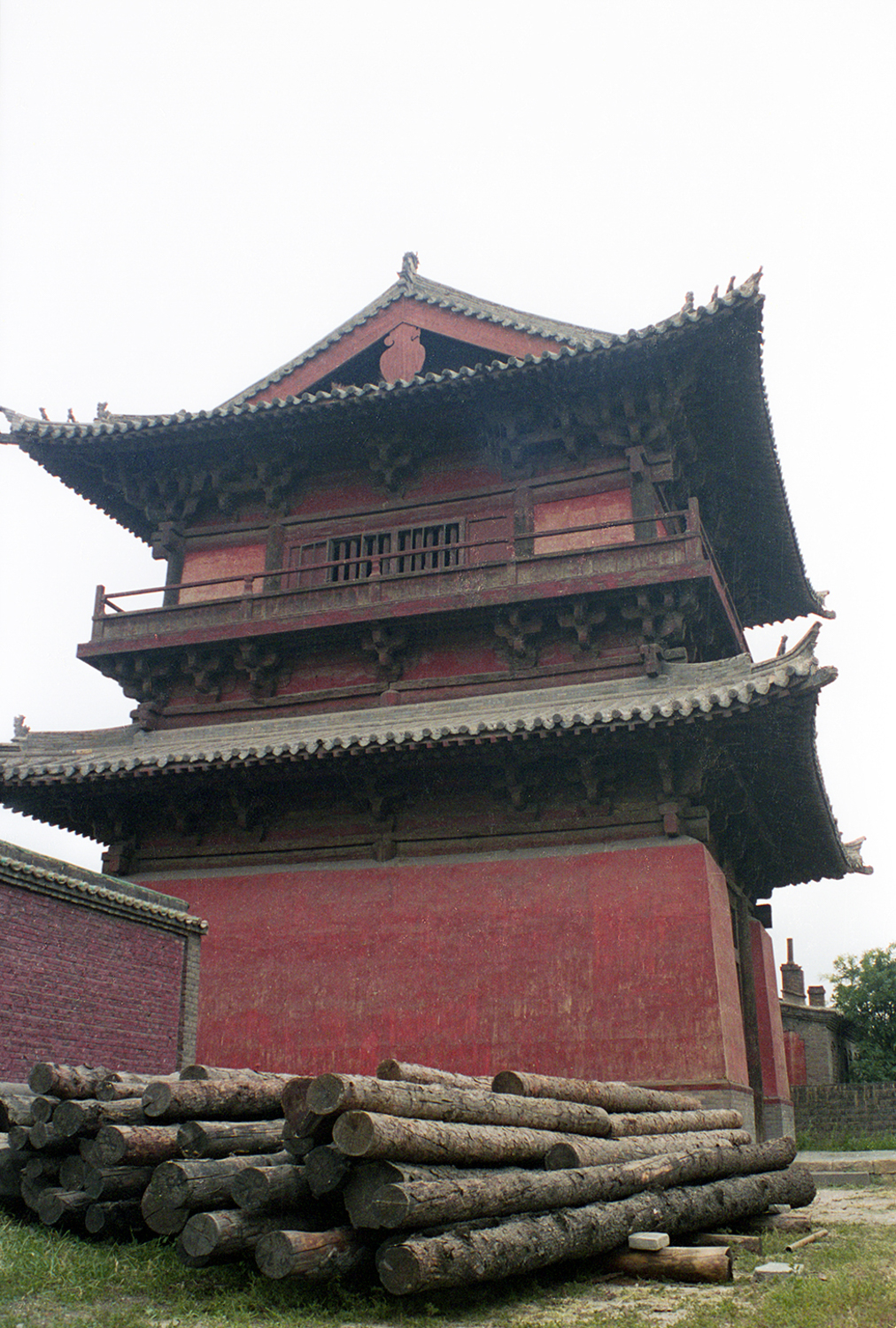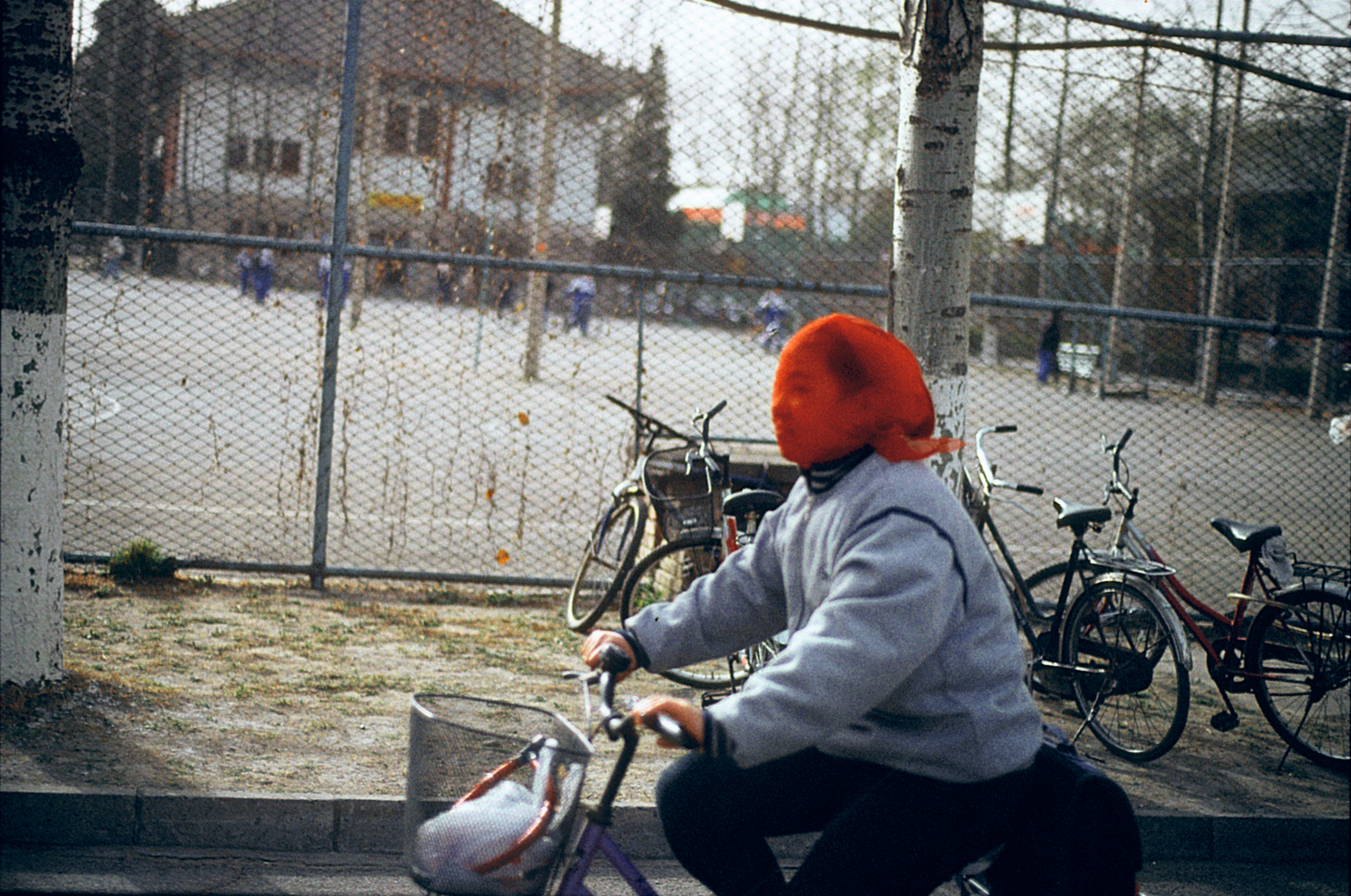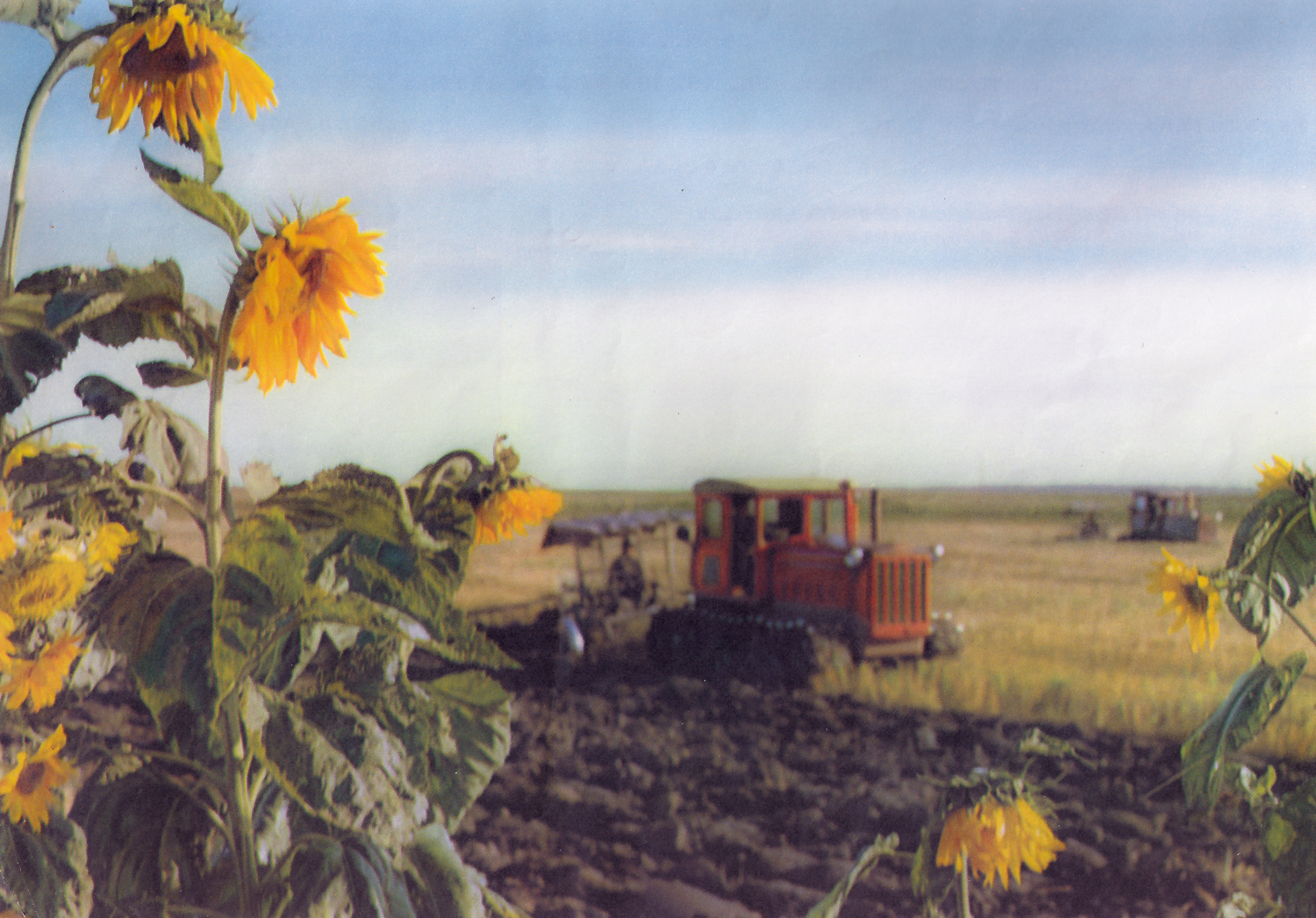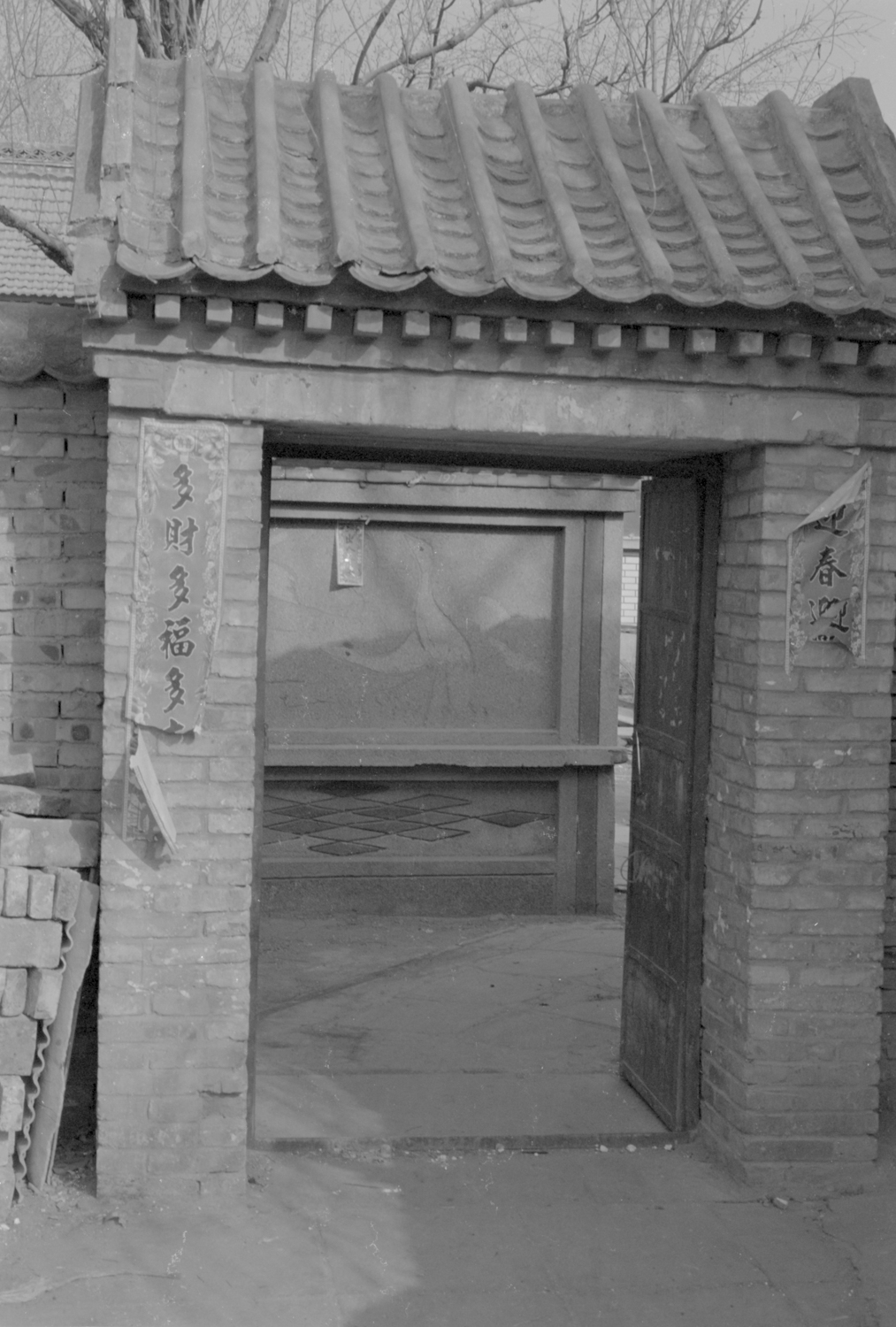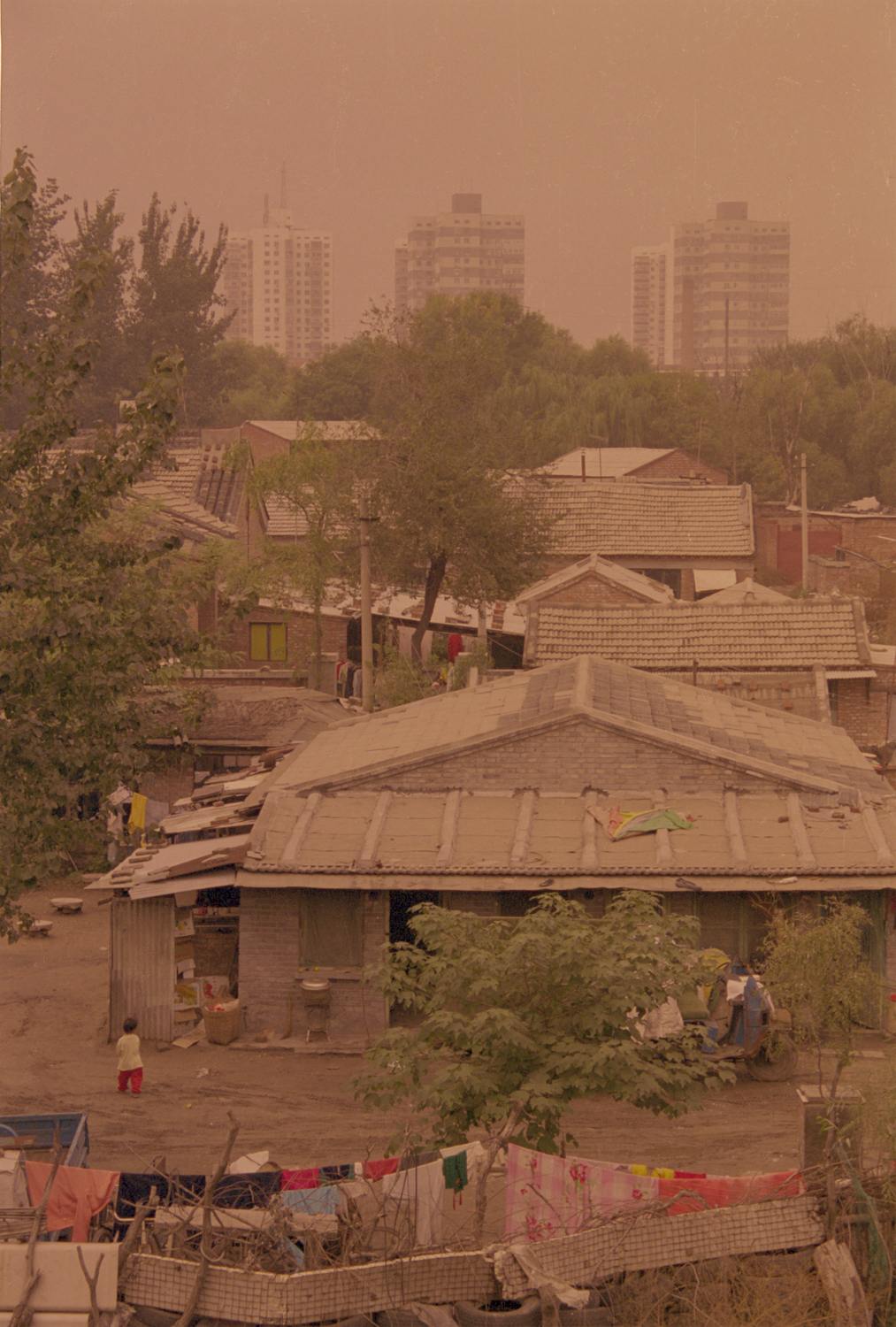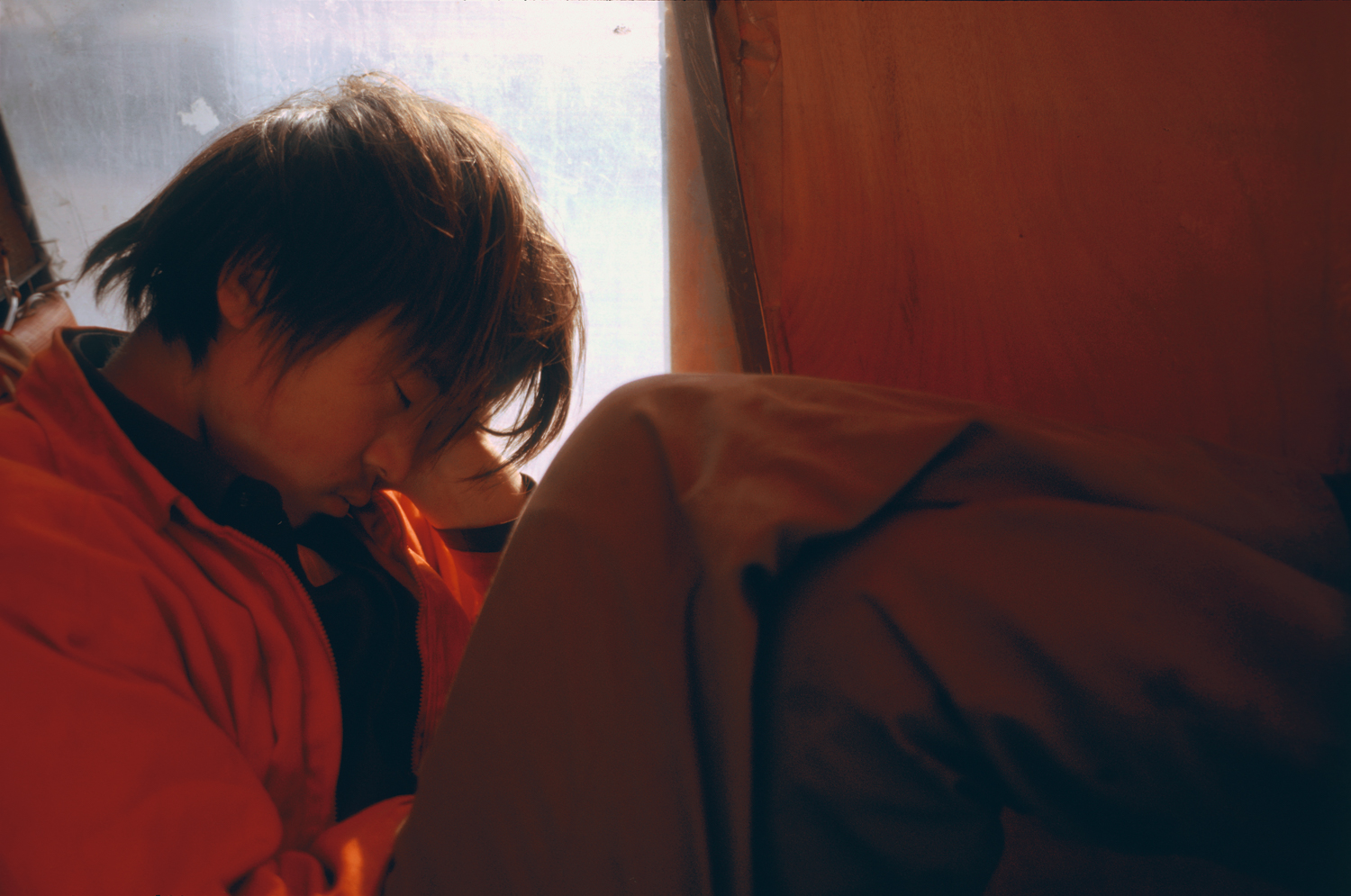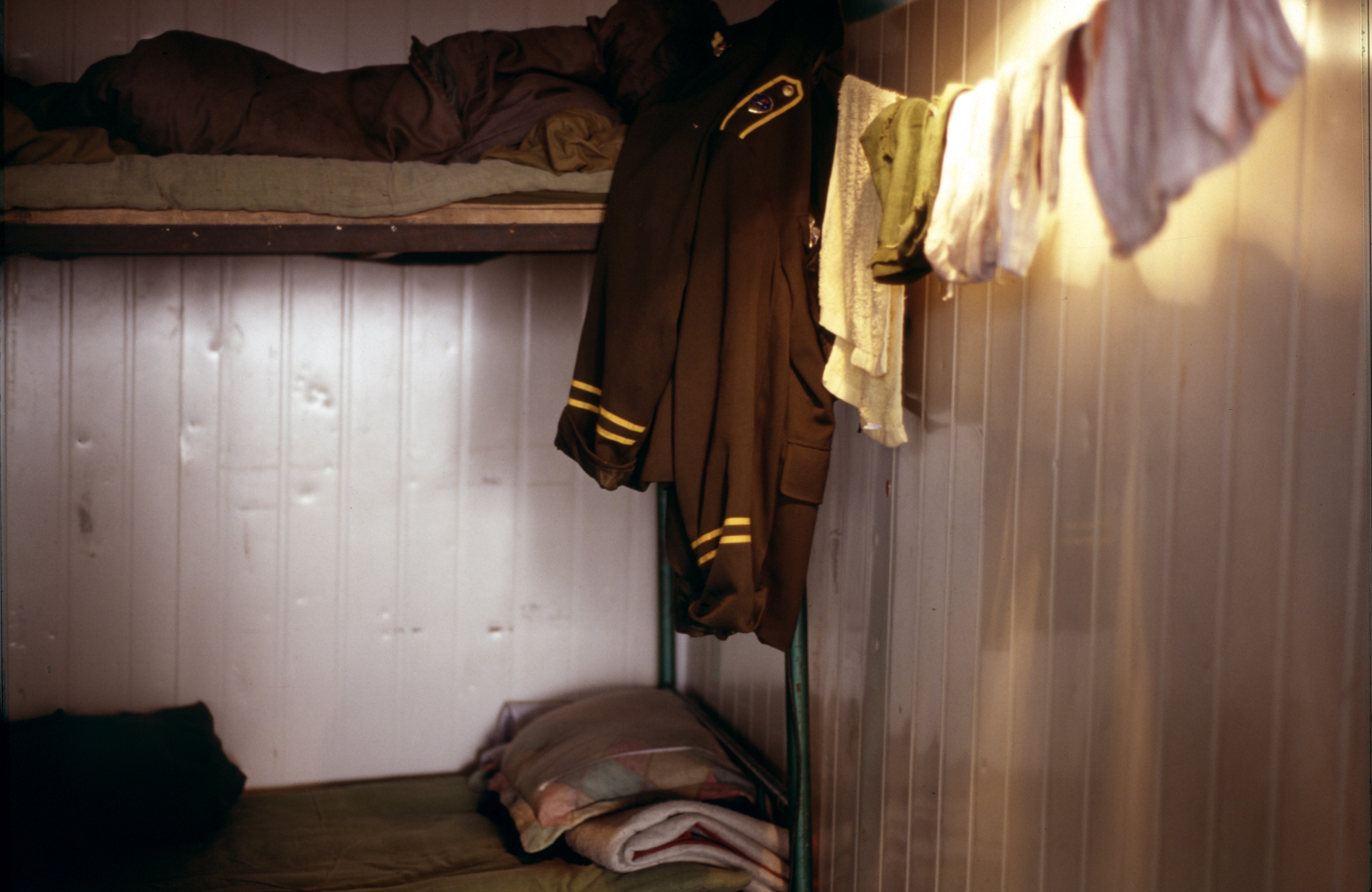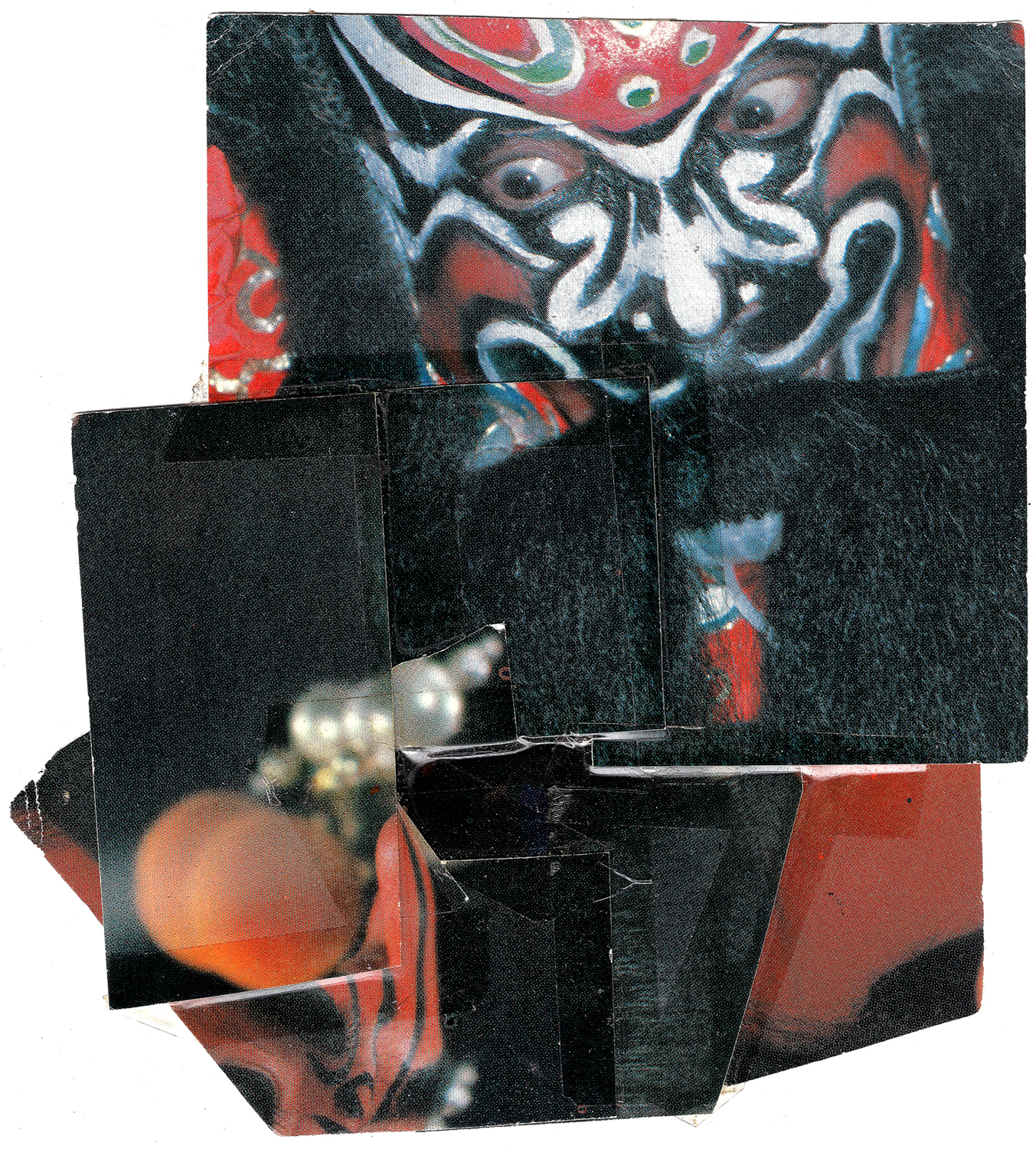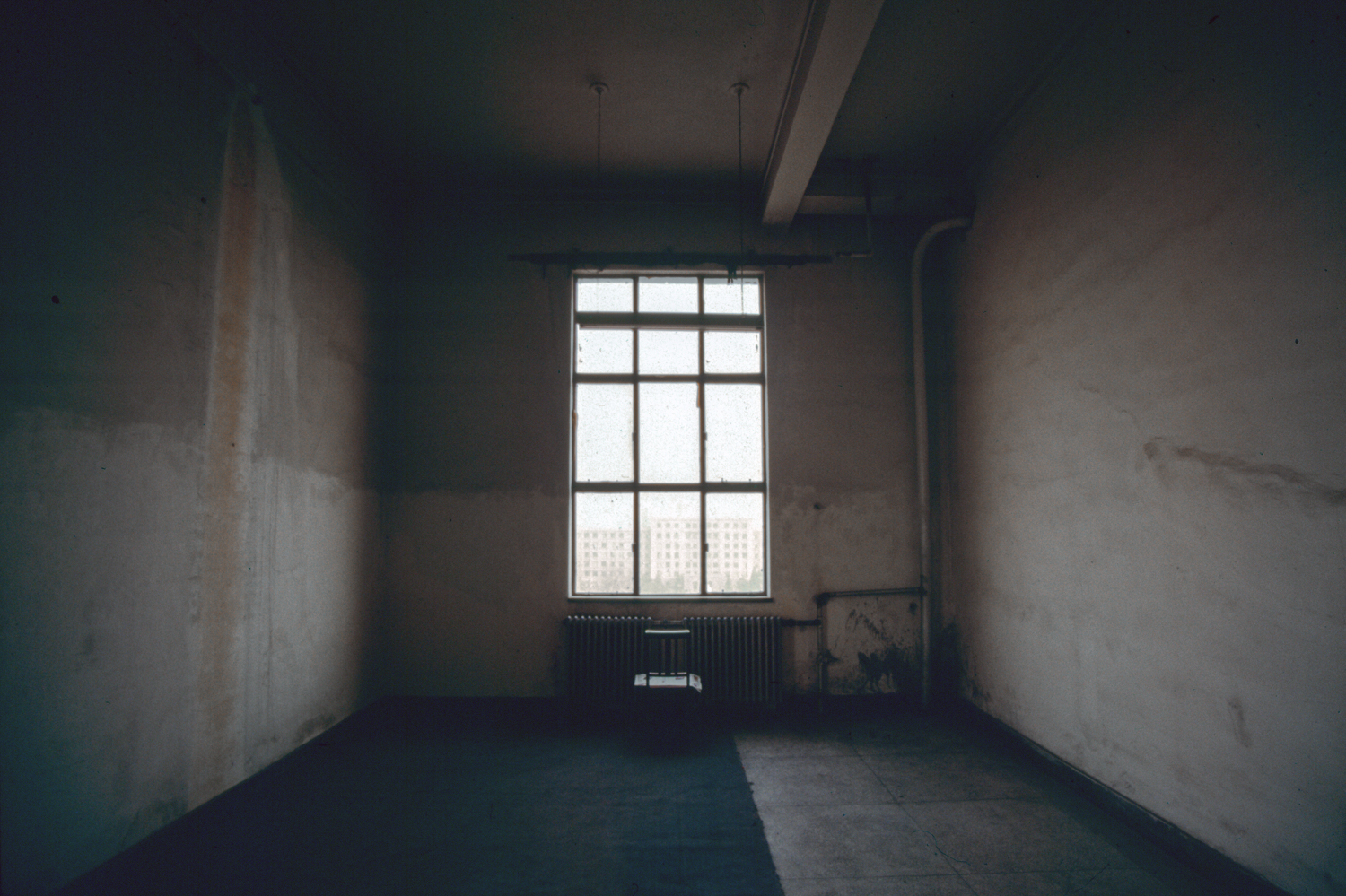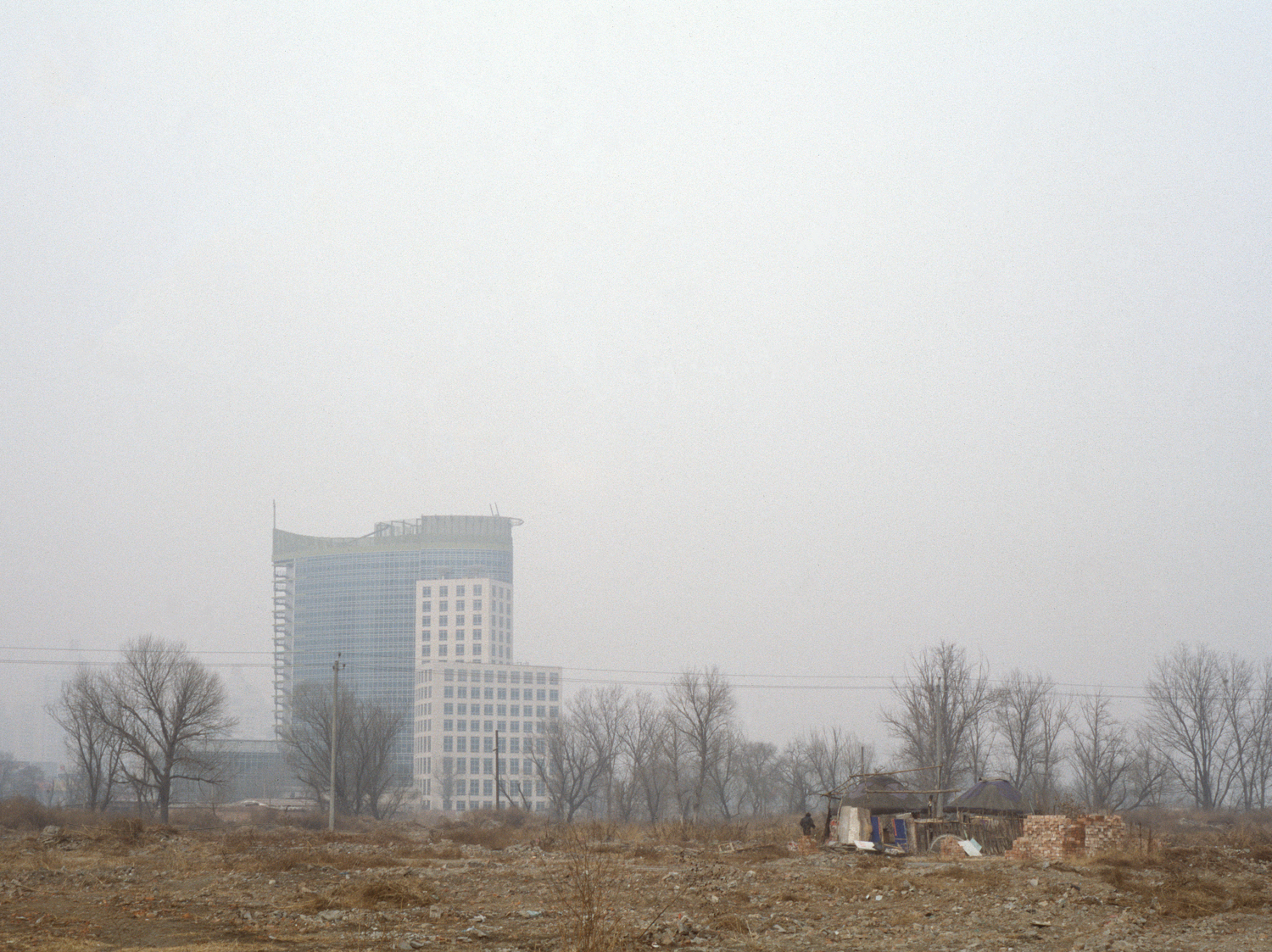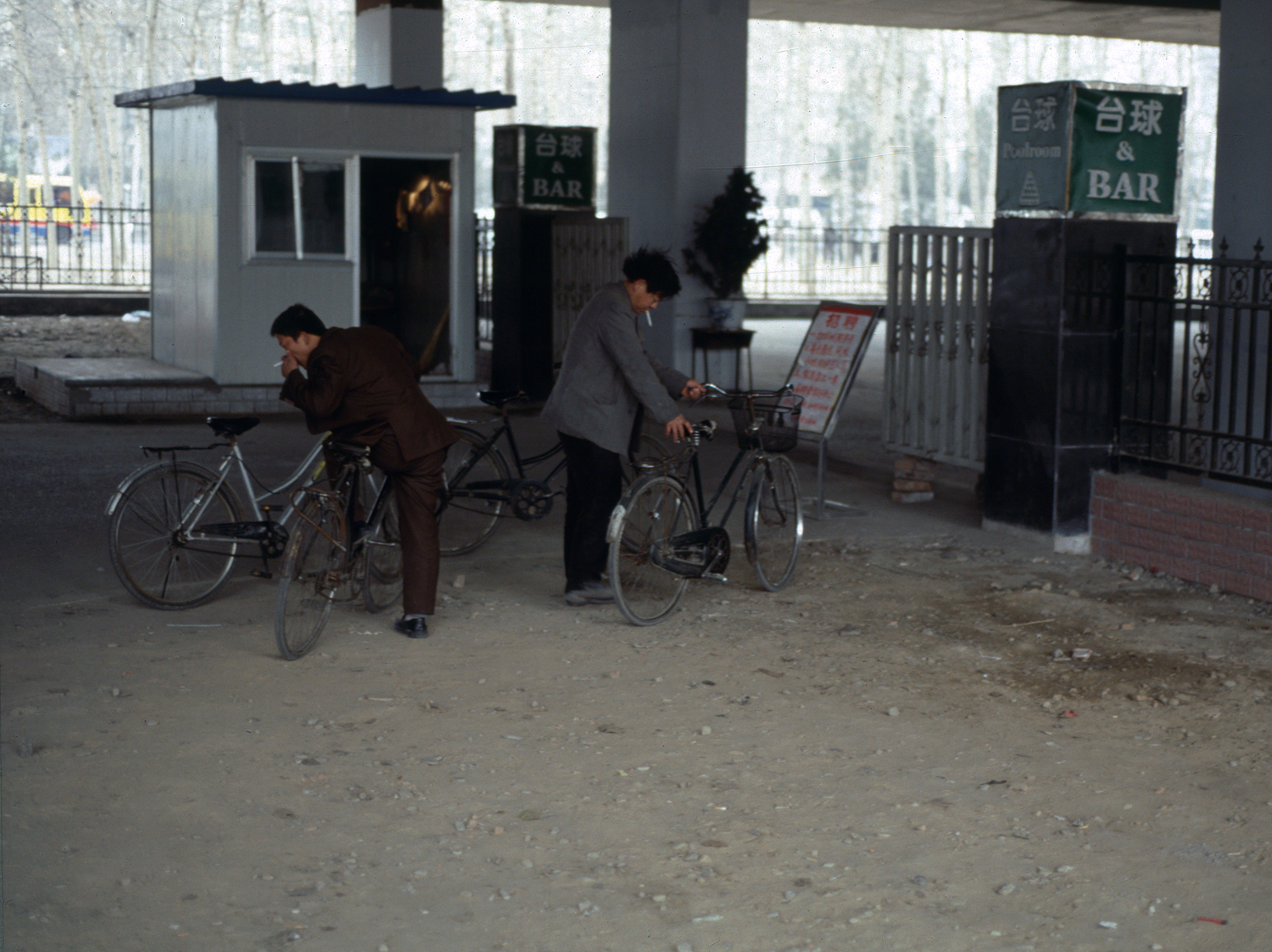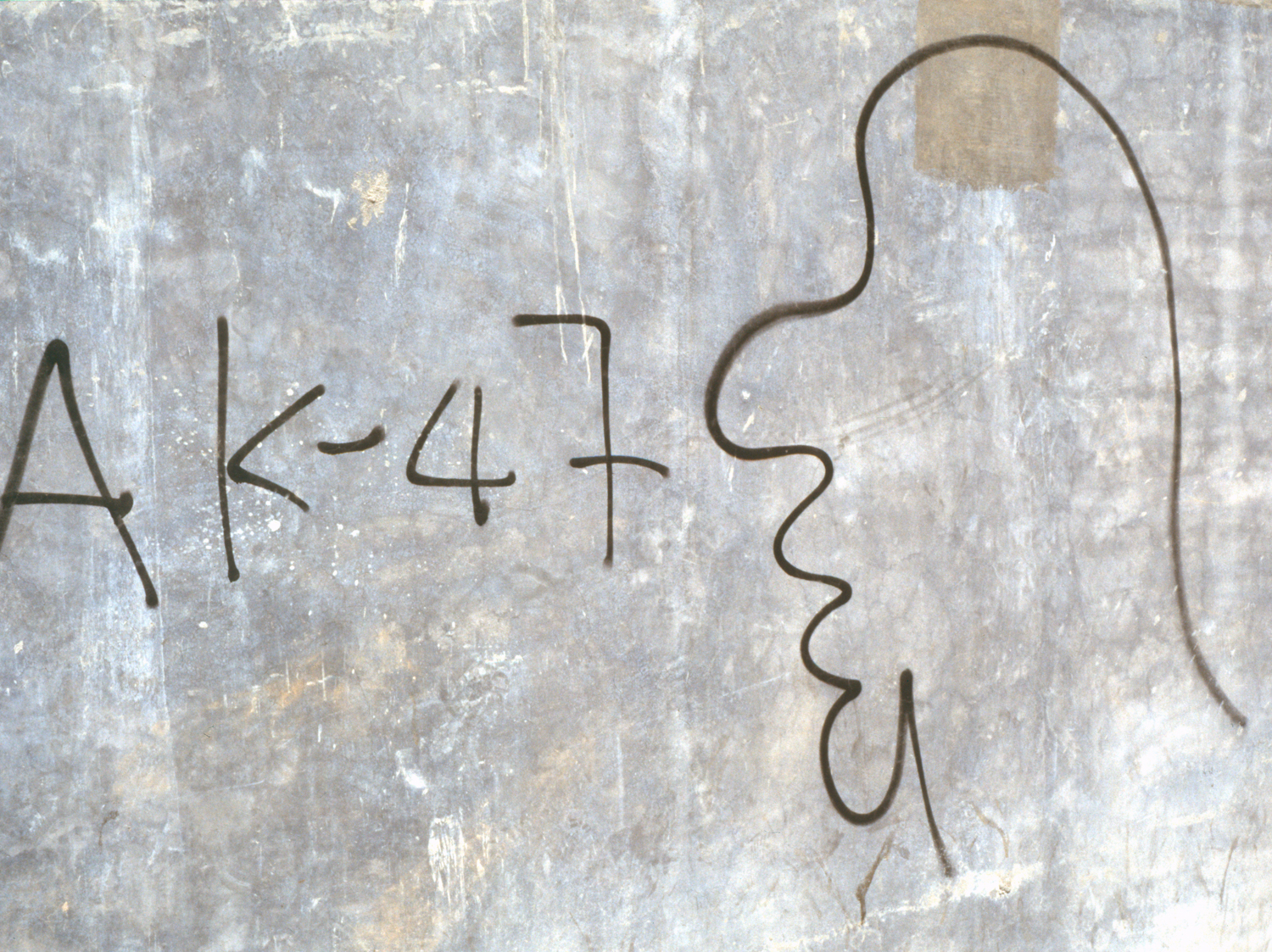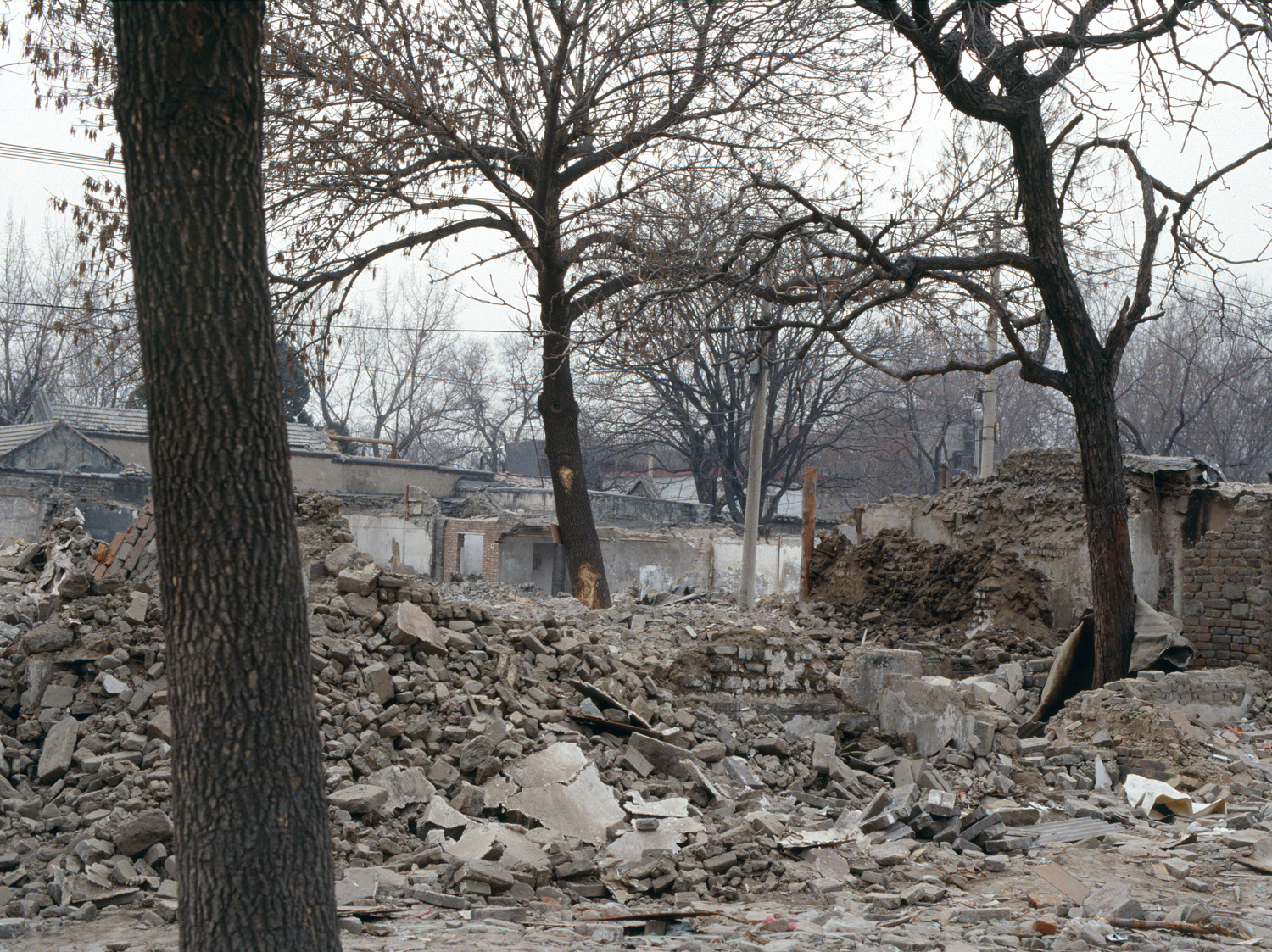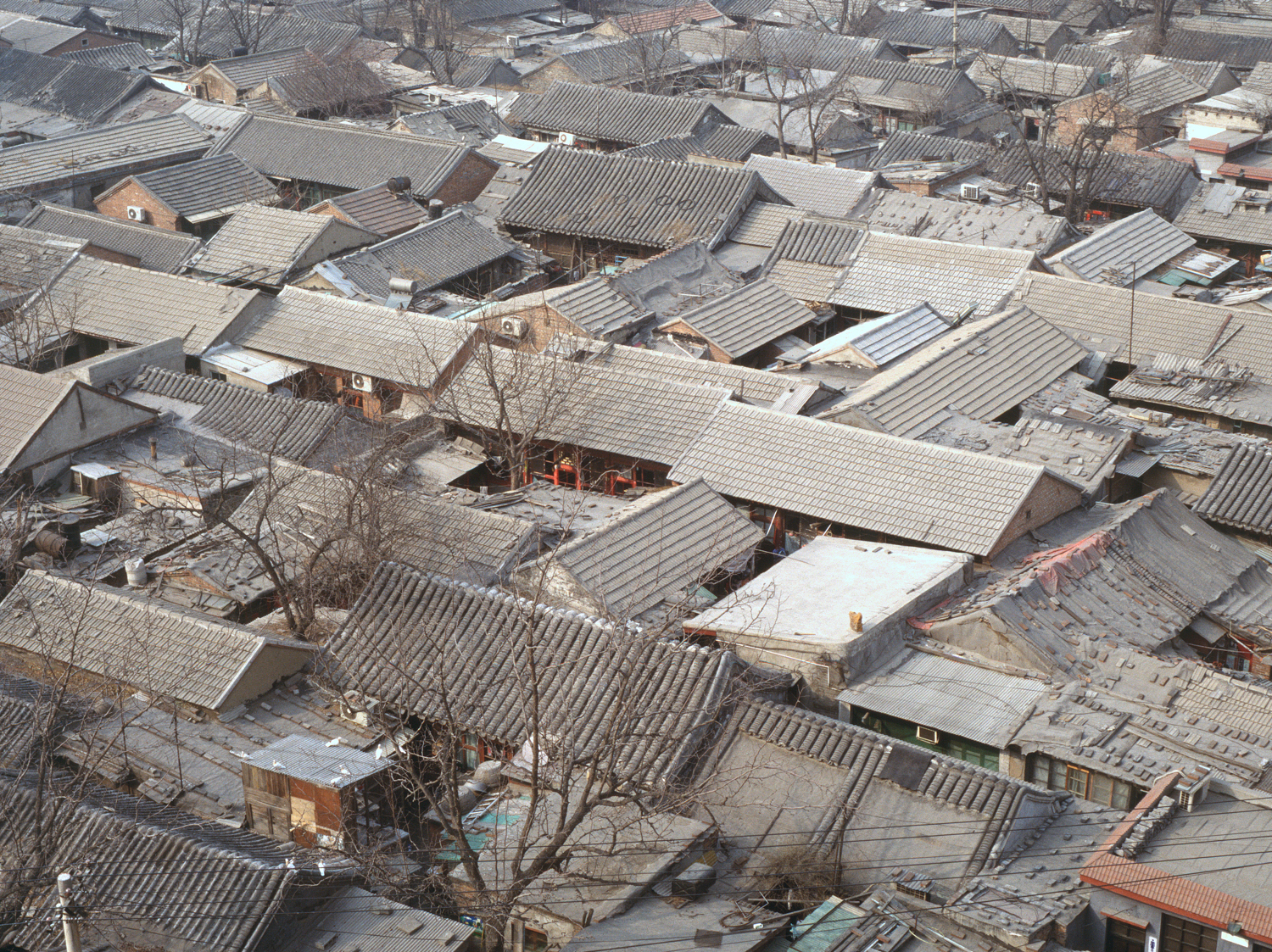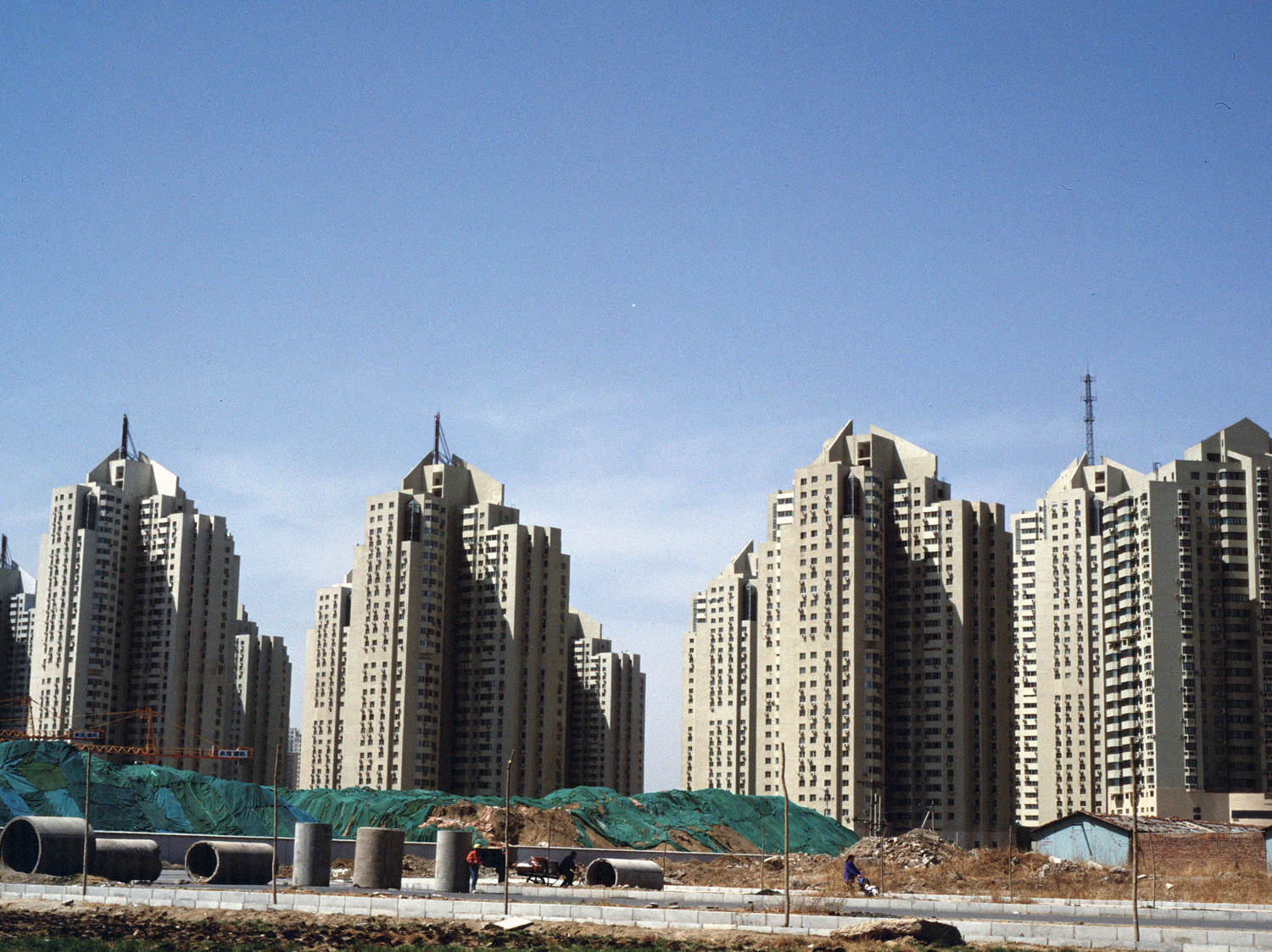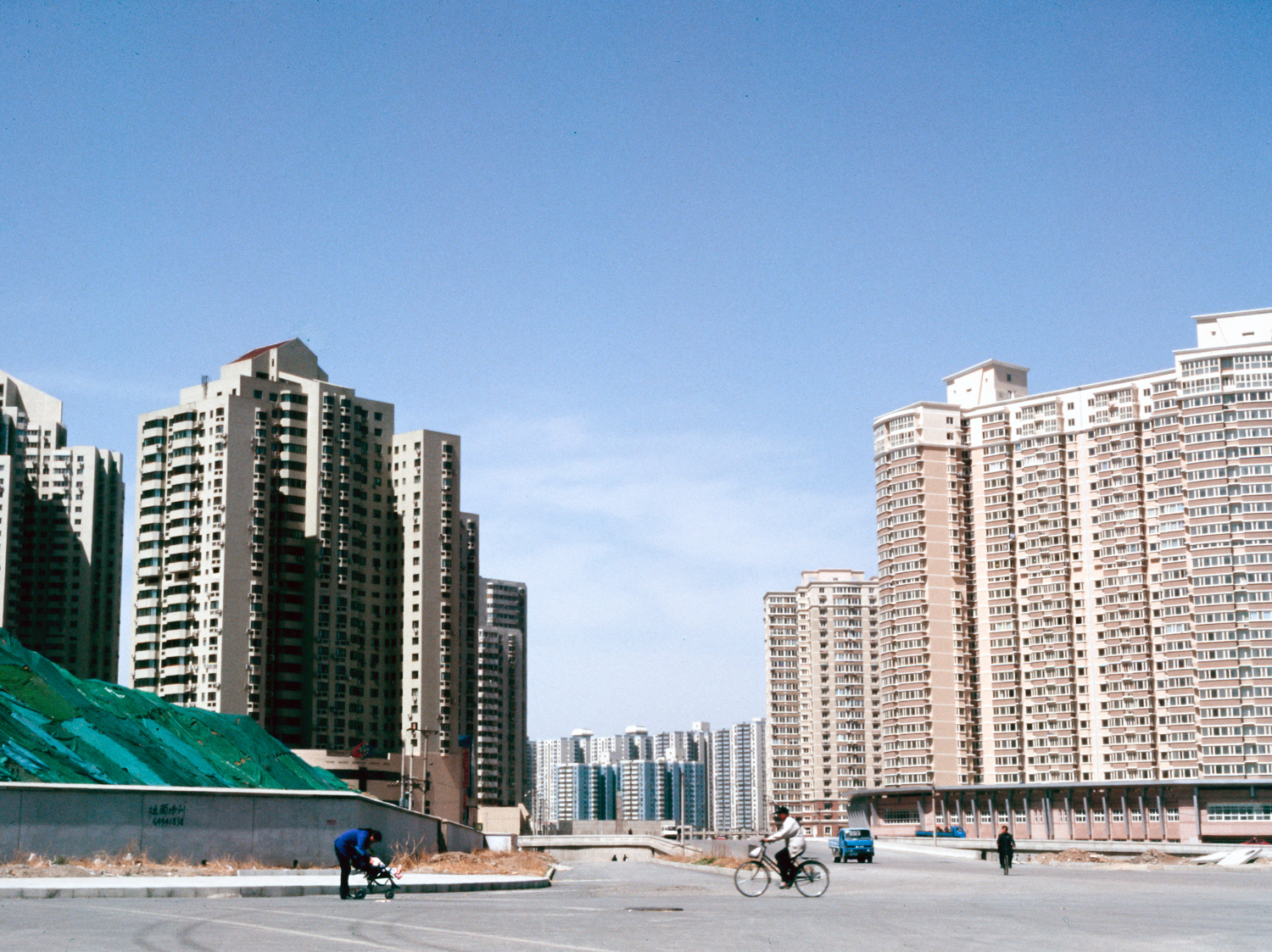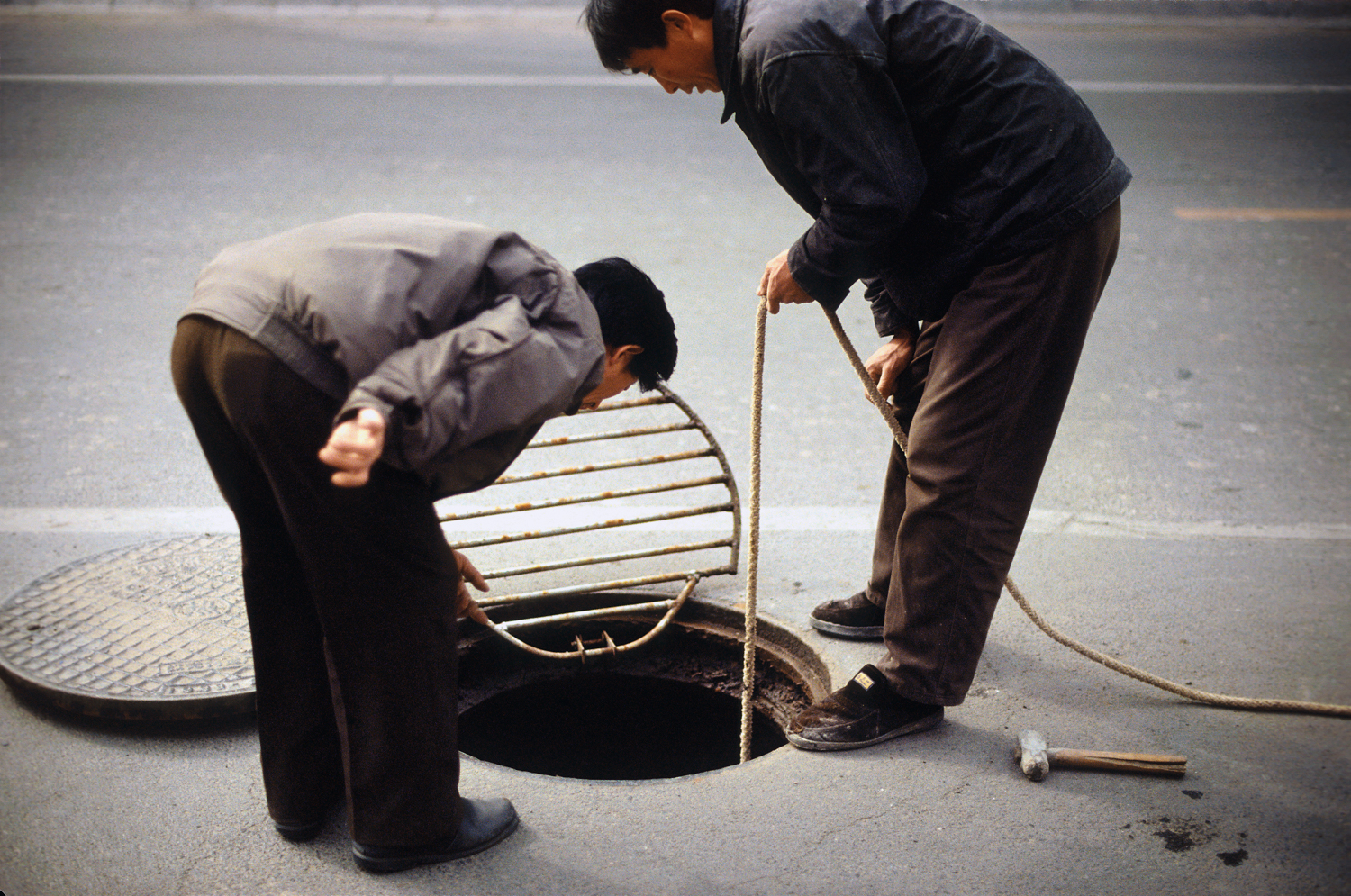ALIEN BODIES & DELUSION - Dummy 98 pages, 66 images 22 x 29 cm
In China, there is a strong belief in historical parallels and cycles. If the rebellion of the Taiping in the nineteenth century, both modernizing and anarchic, echoes the cultural revolution of Mao Zedong, then we can compare the inscription of the «Chinese Dream» of Xi Jinping in the Chinese constitution with the politics of the Emperor Wudi. Ruler of the Han dynasty, Wudi had a significant role in the growth of China’s borders while centralizing its governance. This periodic nature of historical movements creates intervening periods that are no less important. Indeed, the rise to power of Jiang Zemin, ideological successor of Deng Xiaoping, marks the end of an epoch and the beginning of a new era. This noteworthy interval offers a favorable juncture to understanding the articulations of history and their contemporary resonances.
It is in this context of transition that I discovered China.
Since 1998, I initially studied there, then worked. First, as an art school student, then curator and photographer, I accompanied in pictures the evolution of my perception of a social climate still stunned by the cultural revolution and entering the exuberance of the 2000s. Thus I have constituted a corpus of archives made up of my own photographs and documents collected here and there.
This edition is the layout of this picture set.
The title «Alien Bodies & Delusion» refers to the first underground exhibition held in Beijing on January 8, 1999. The event «Post-Sens Sensibility: Alien Bodies & Delusion», prohibited after a few hours by the authorities, expressed the climate of chronic instability in which this generation of Chinese artists had grown.
The narration, by analogy with the title and influenced by modern Chinese poetry, unfolds in a structured heterogeneity, proposing a narrative close to a direct diction open to all intuitions.
En Chine, on croit beaucoup aux parallèles historiques et aux cycles. Si la révolte des Taiping au 19e siècle, à la fois modernisatrice et anarchique, fait écho à la révolution culturelle de Mao Zedong, alors on peut comparer l’inscription du « rêve chinois » de Xi Jinping dans la Constitution chinoise avec l'œuvre de l'empereur Wudi, de la dynastie des Han, repoussant les frontières de la Chine tout en centralisant sa gouvernance. Cette périodicité des mouvements de l'histoire connaît des entre-deux non moins importants. L'avènement au pouvoir de Jiang Zemin, successeur idéologique de Deng Xiaoping, marque à la fois la fin d'une époque et le début d'une nouvelle ère. Ce moment en suspens offre une amplitude propice à la compréhension des articulations de l'histoire et de leurs résonances contemporaines.
C'est dans ce contexte de transition que j'ai découvert la Chine.
Depuis 1998, j'y ai étudié, puis travaillé. D'abord étudiant en école d'art, puis commissaire d'exposition et photographe, j'ai accompagné en images l'évolution de ma perception d'un climat social encore abasourdi par la révolution culturelle et entrant dans l'exubérance des années 2000. J'ai ainsi constitué un corpus d'archives regroupant mes propres photographies et des documents récoltés ici et là.
Le livre présenté ici est la mise en page de cet ensemble.
Le titre "Alien Bodies & Delusion" fait référence à la première exposition underground ayant eu lieu à Pékin le 8 janvier 1999. L'événement "Post-Sens Sensibility: Alien Bodies & Delusion", interdit au bout de quelques heures par les autorités, exprimait le climat d'instabilité chronique dans lequel cette génération d'artistes chinois avait grandi.
La narration, par analogie avec le titre et influencée par la poésie chinoise moderne, se déploie en une hétérogénéité structurée, proposant un récit proche d'une diction directe ouverte à toutes les intuitions.
